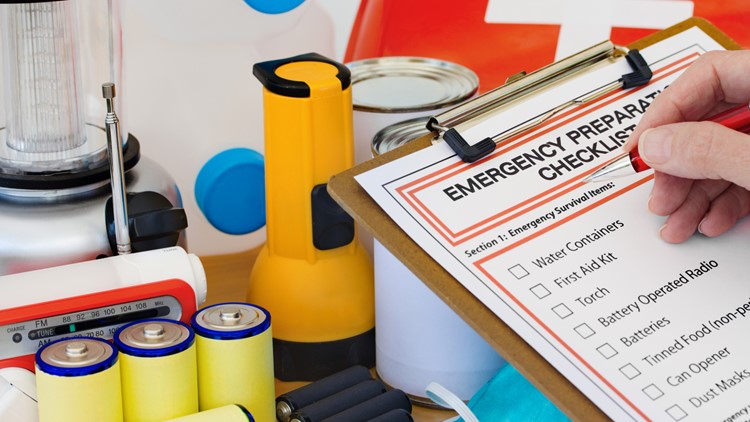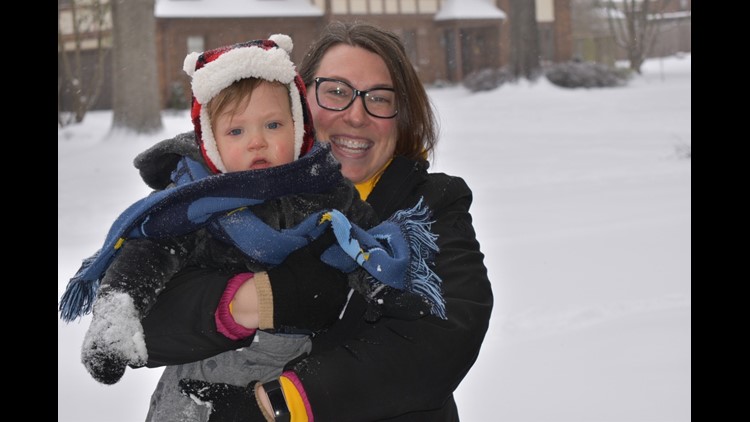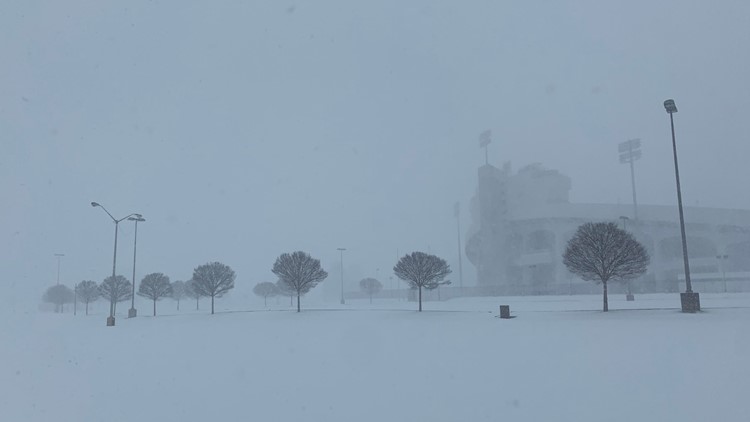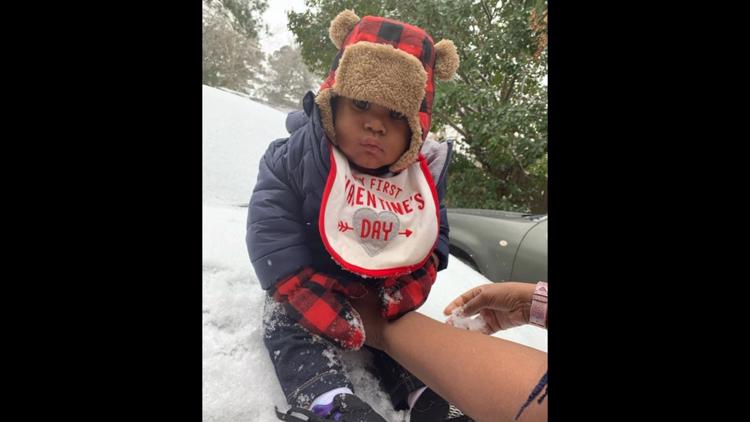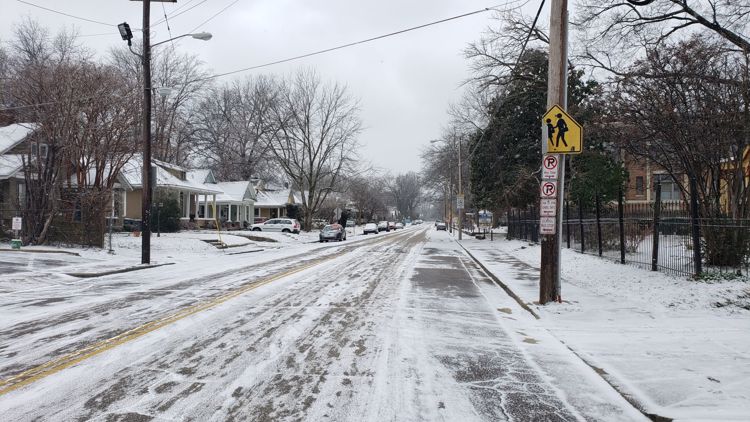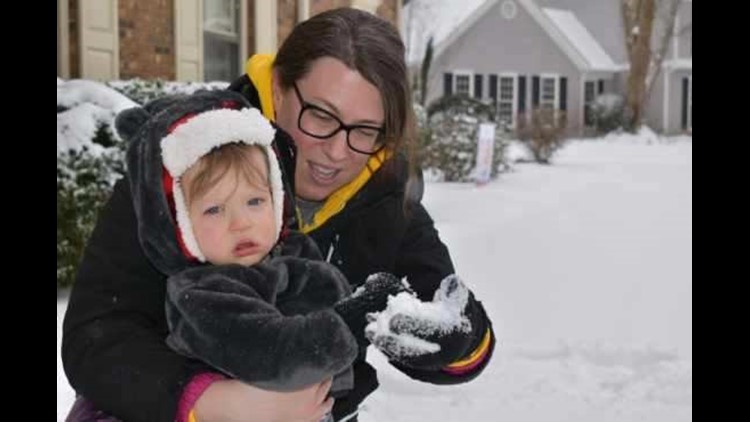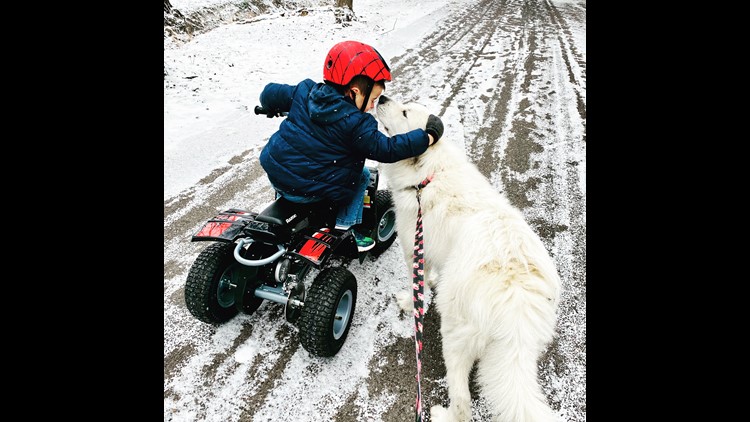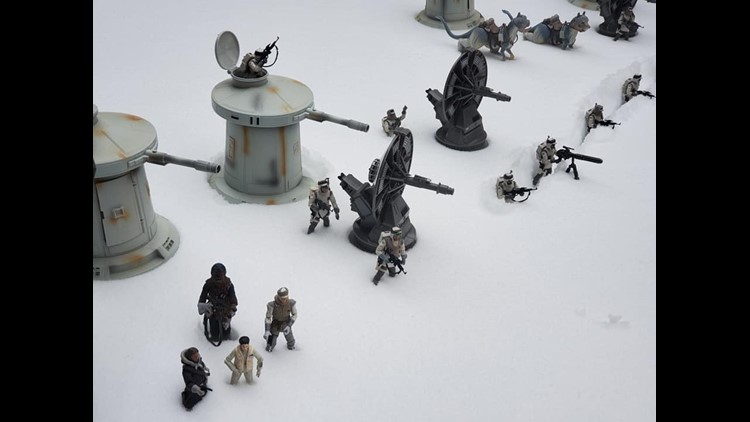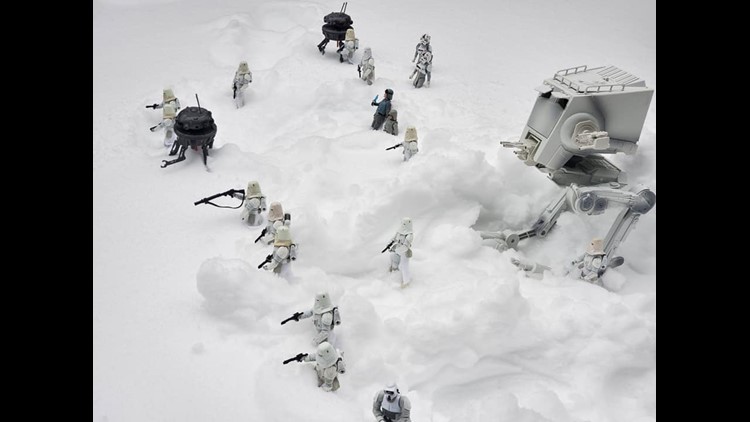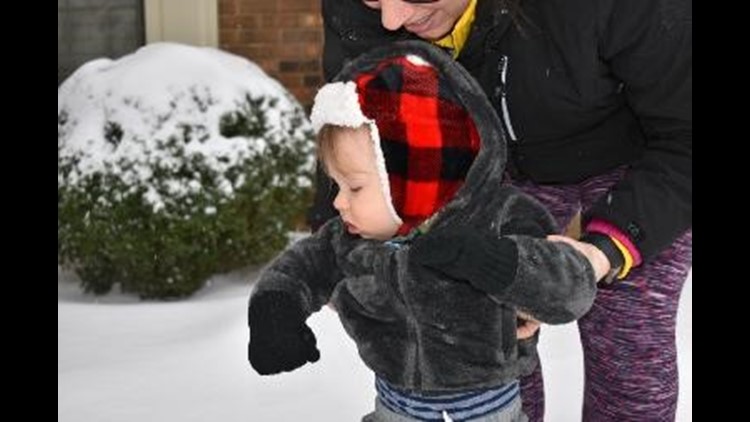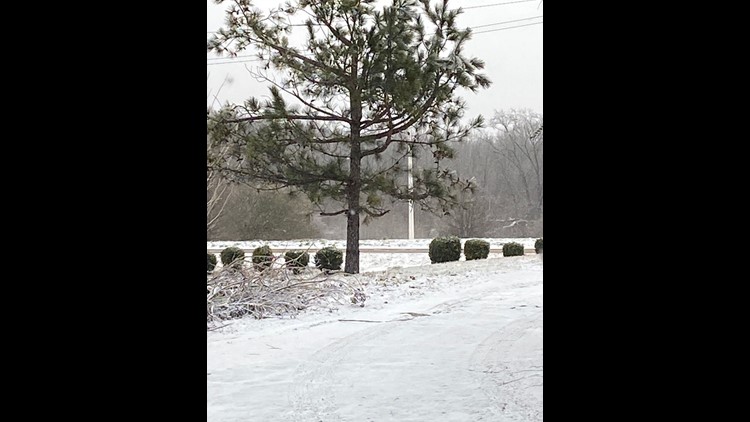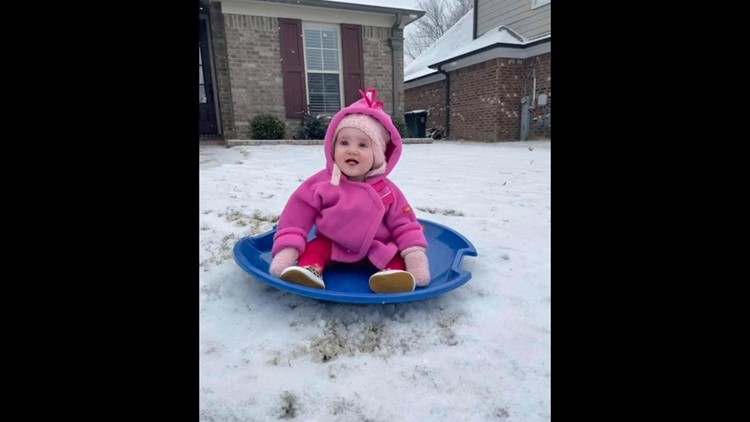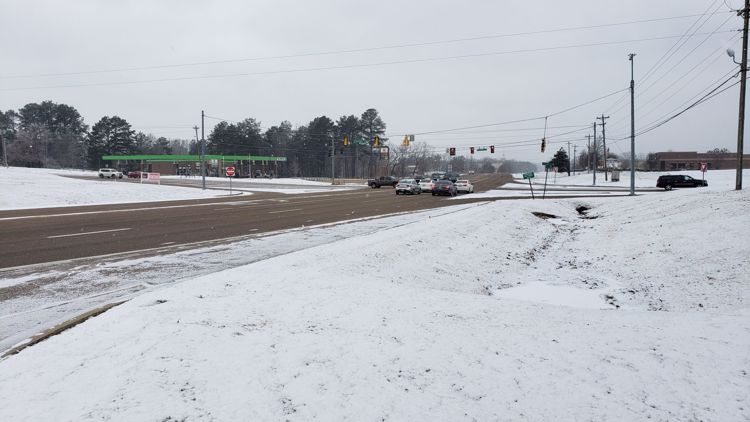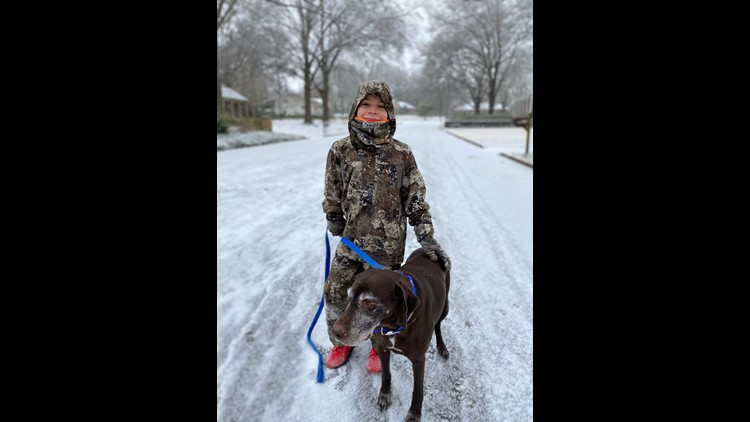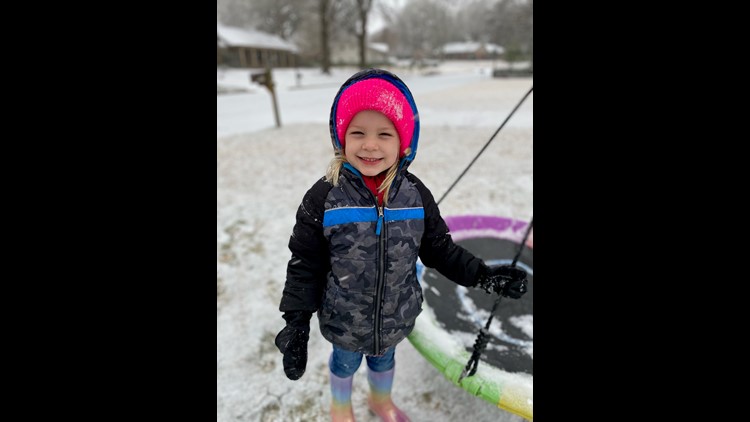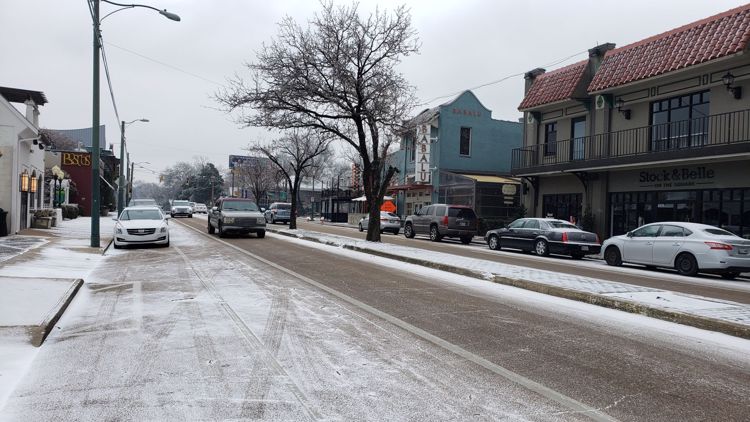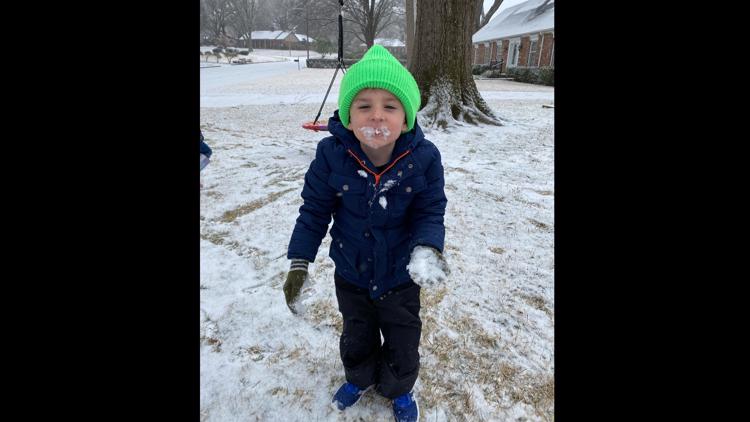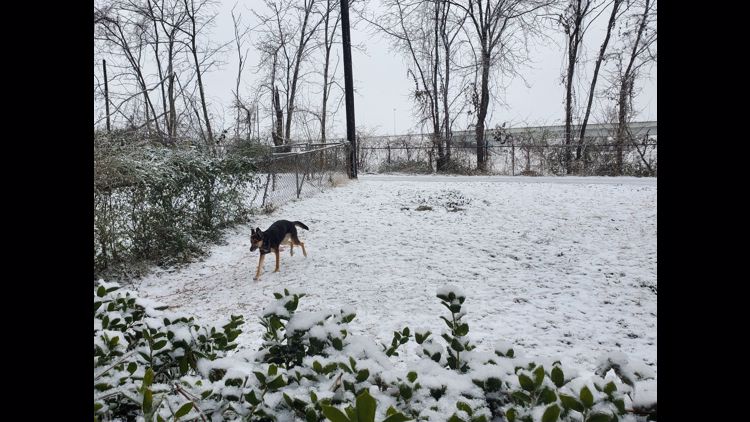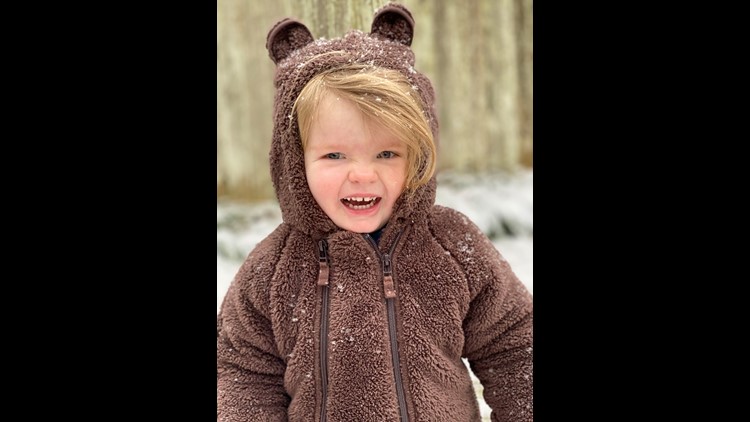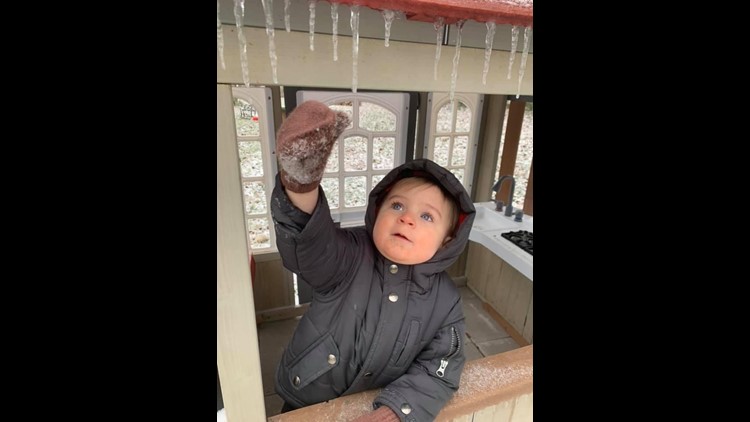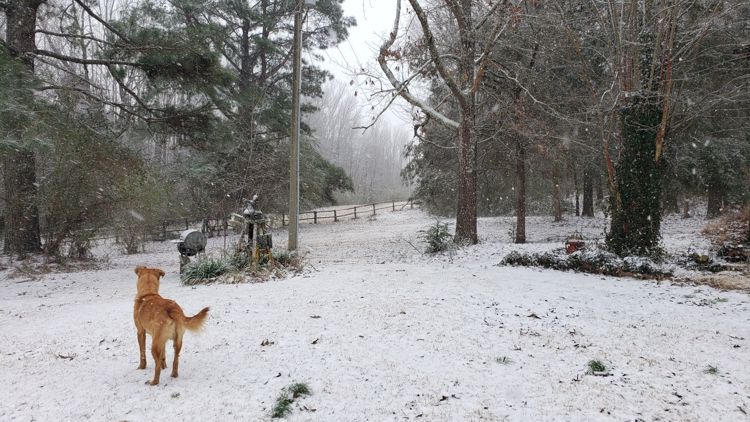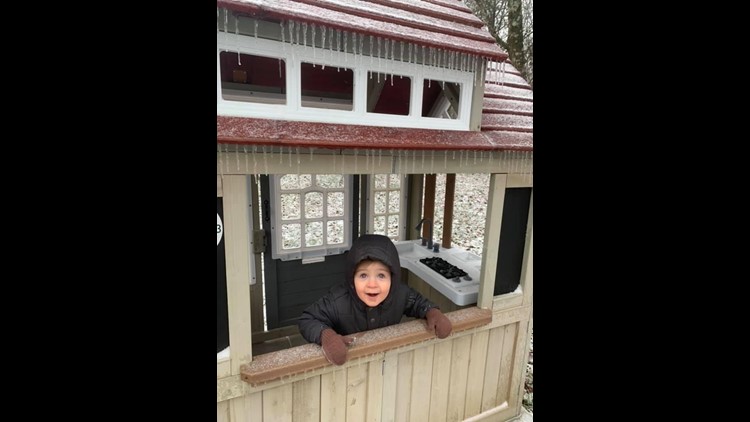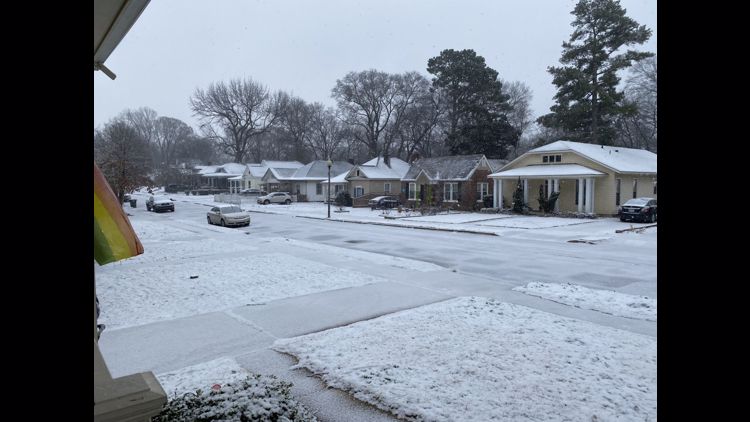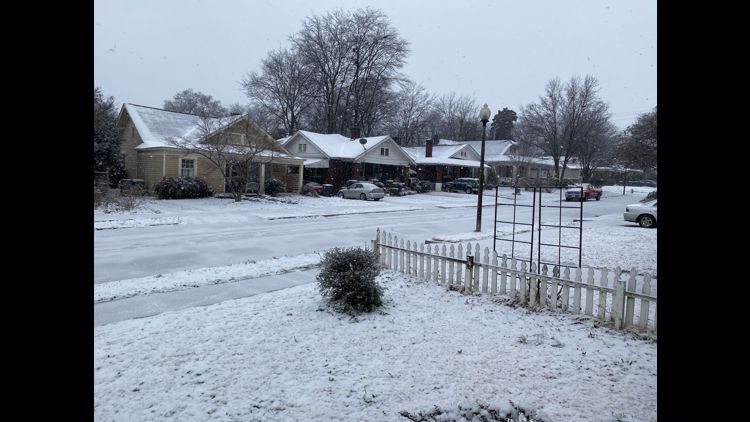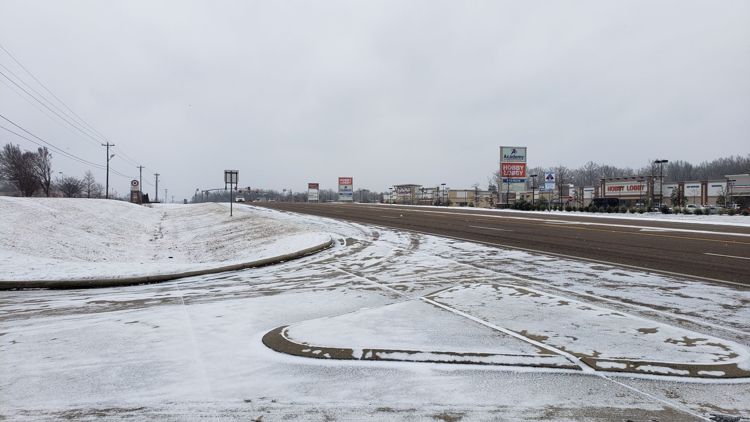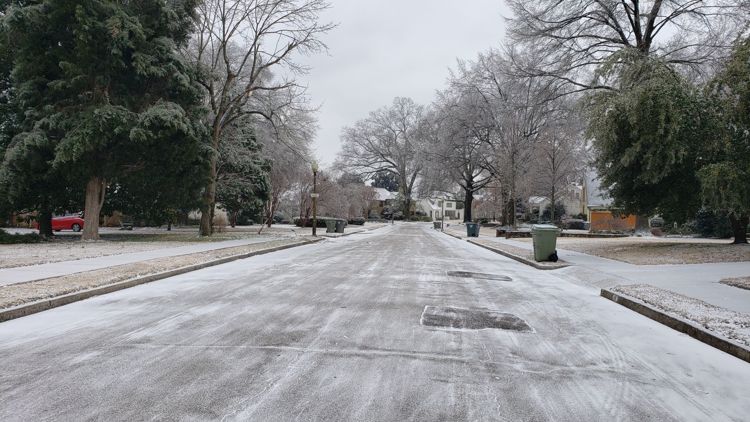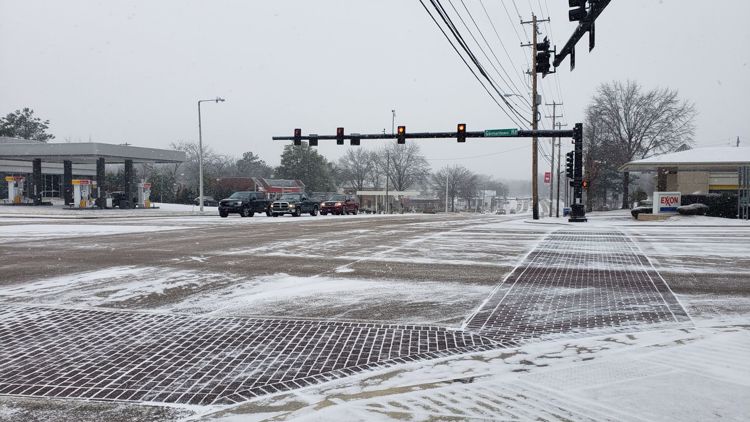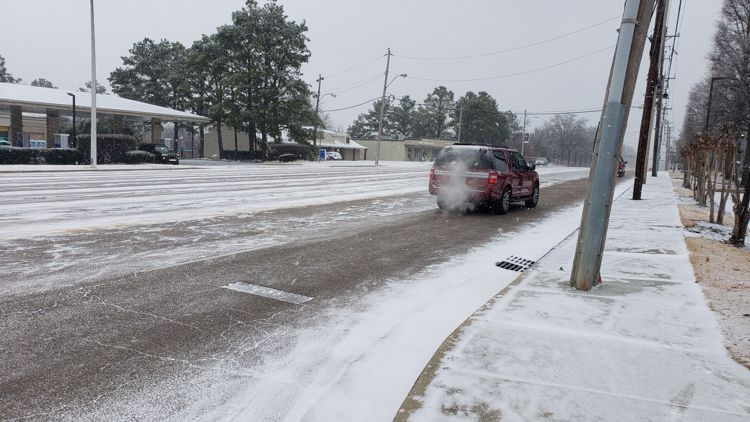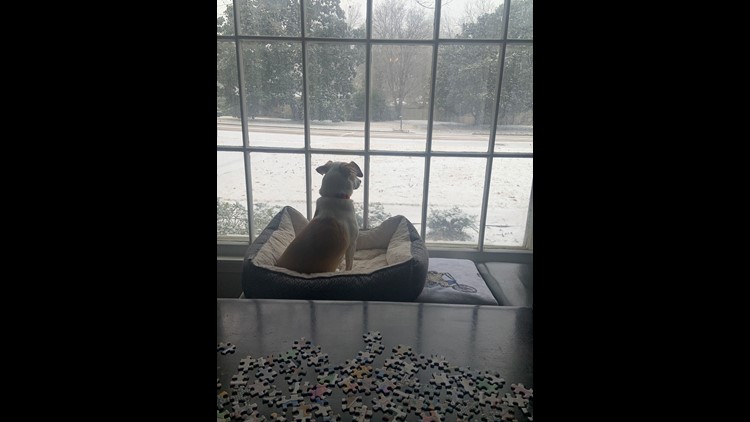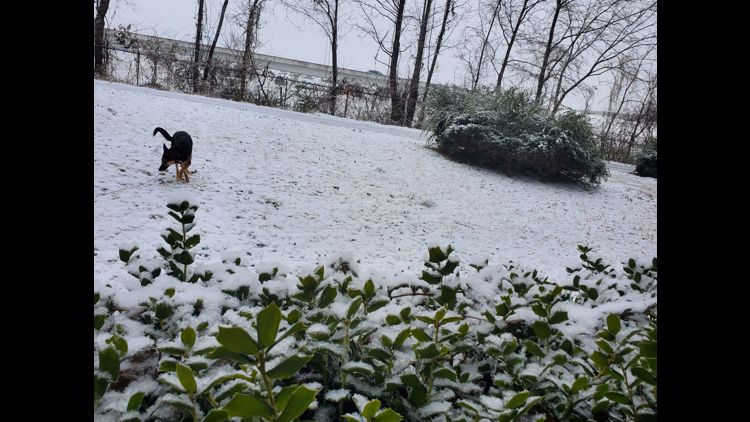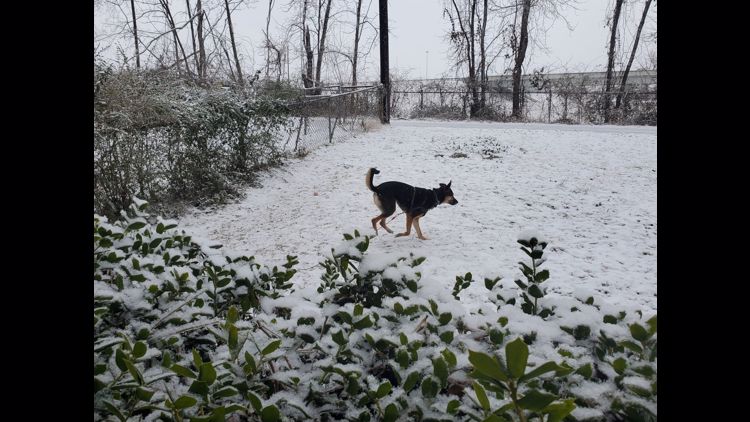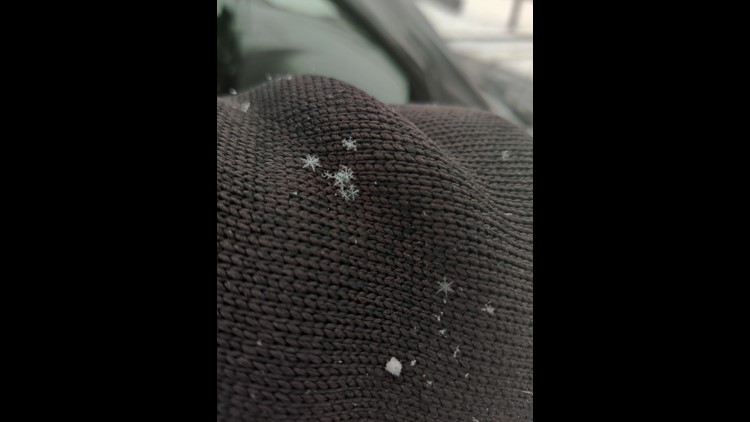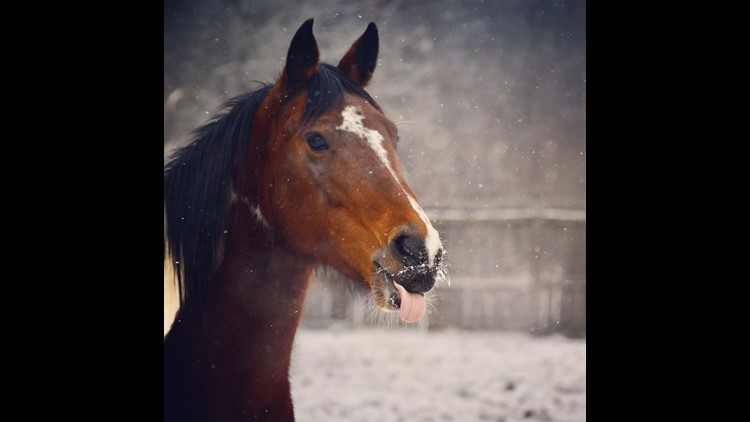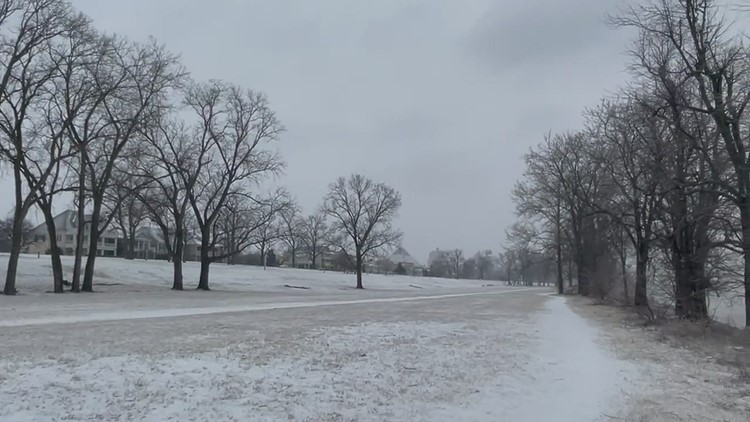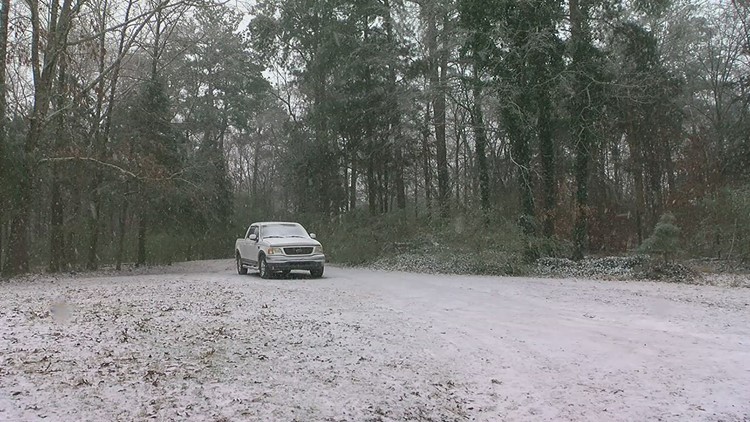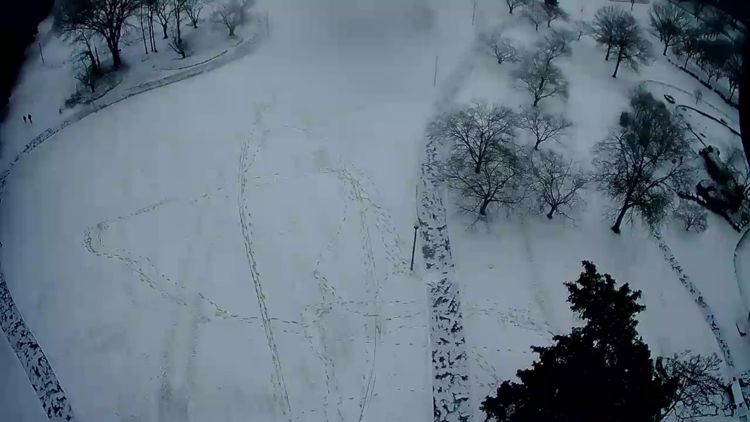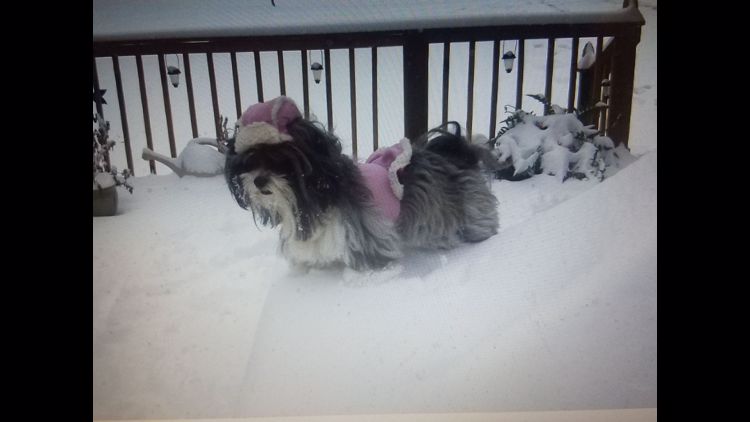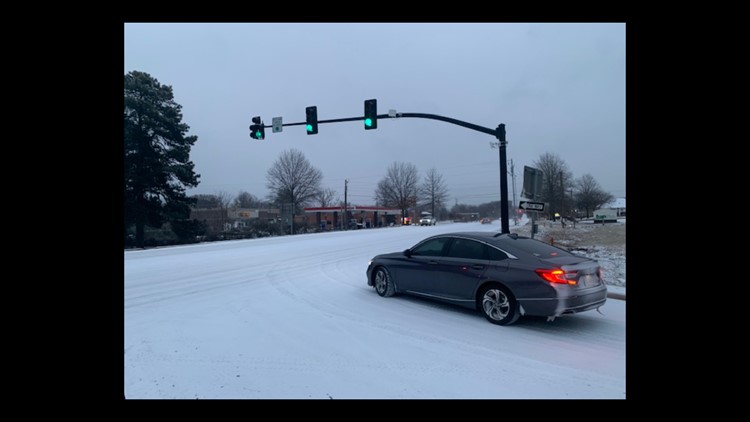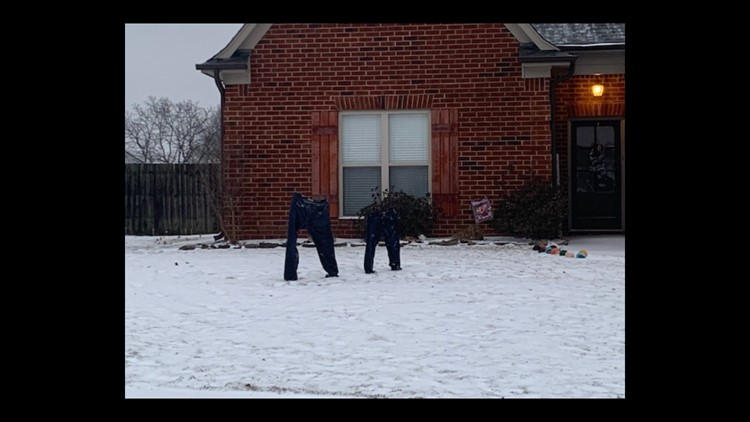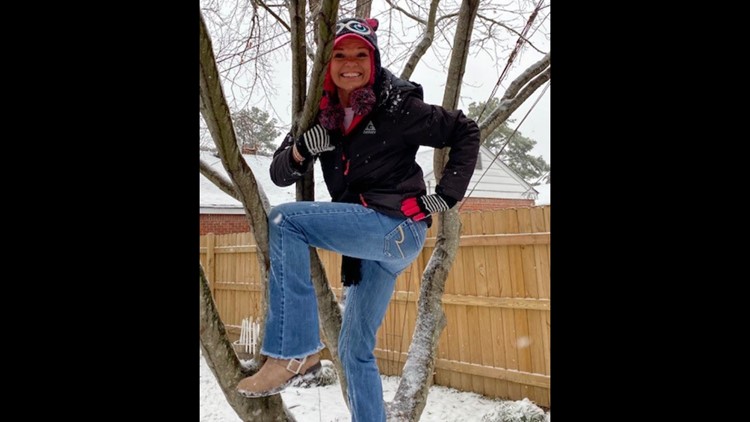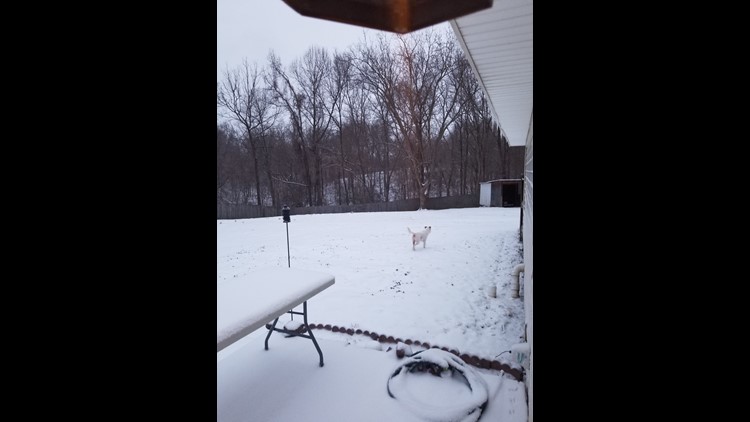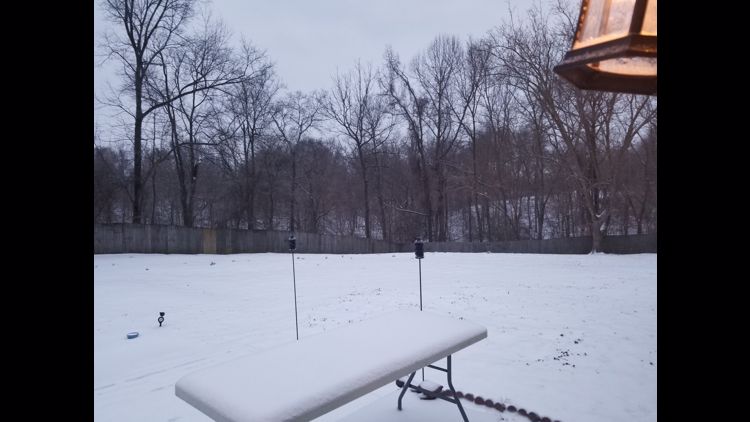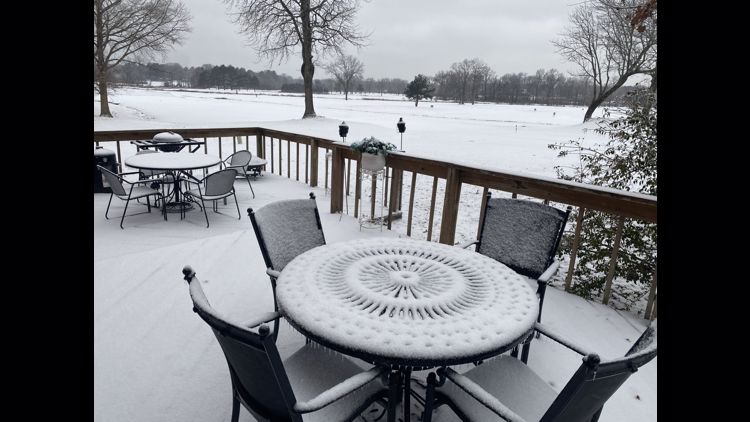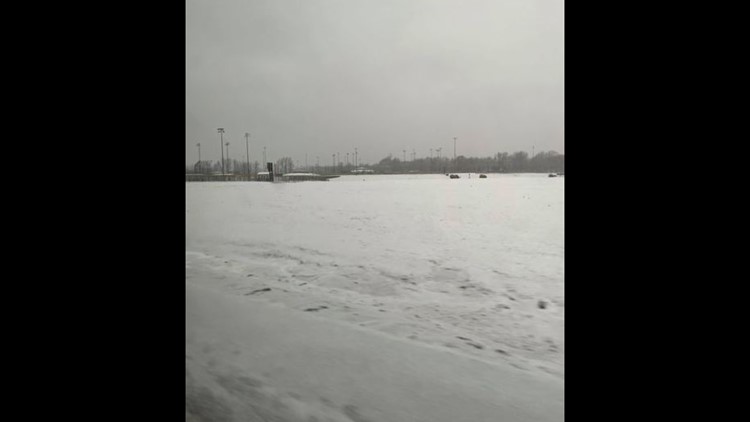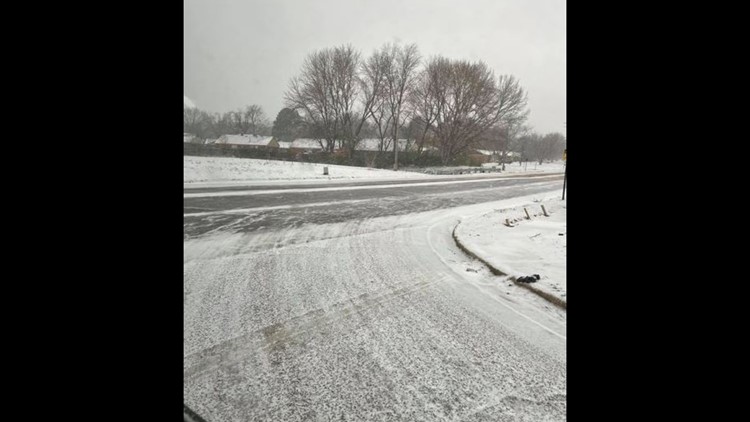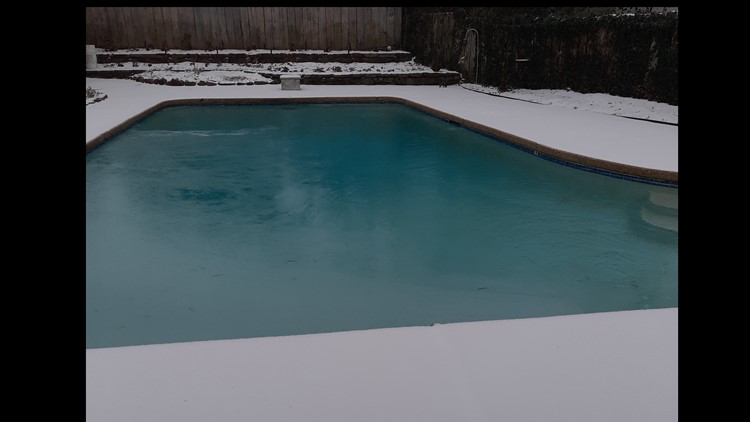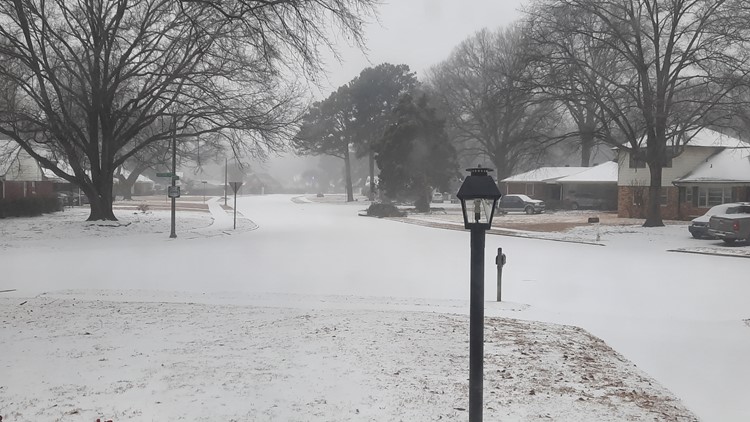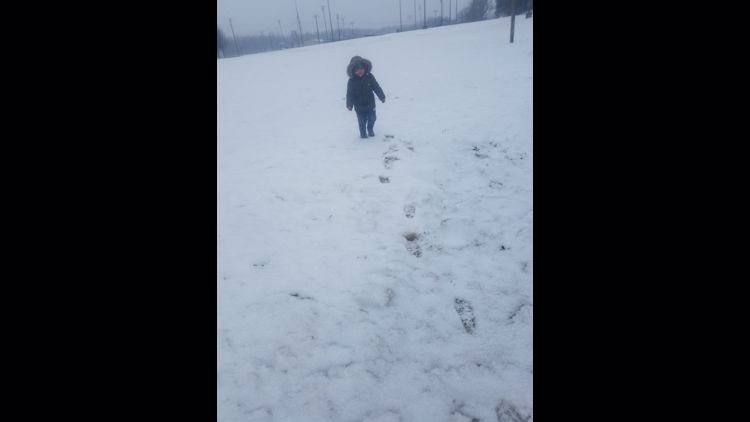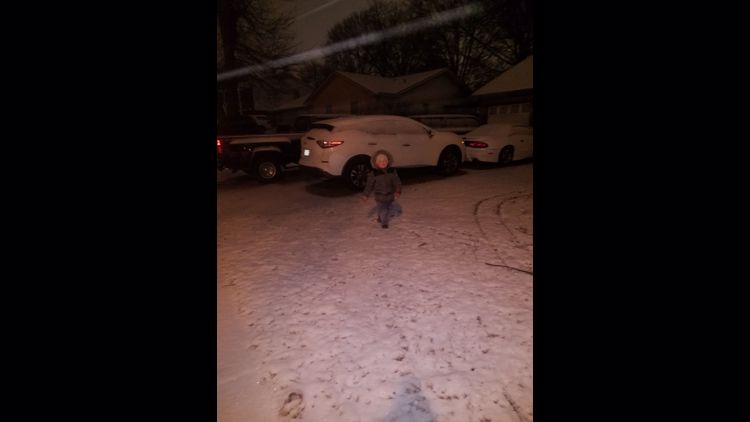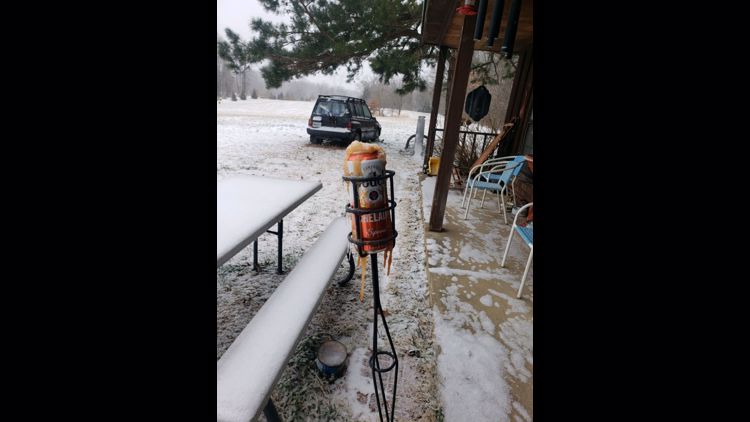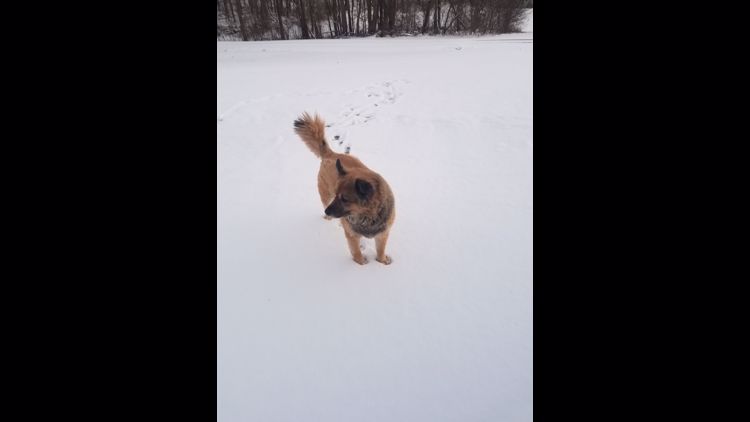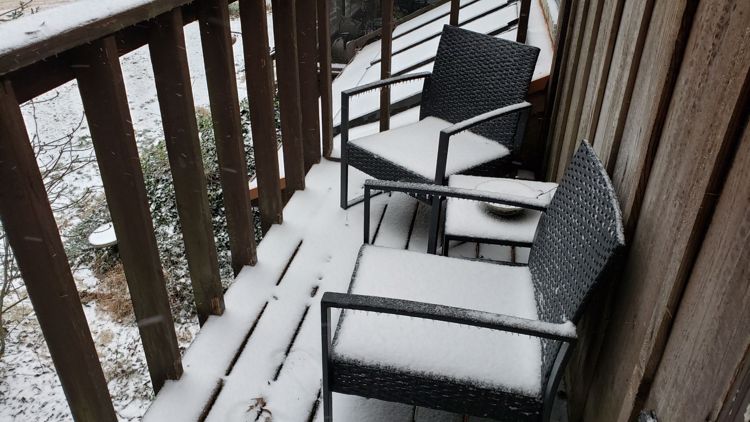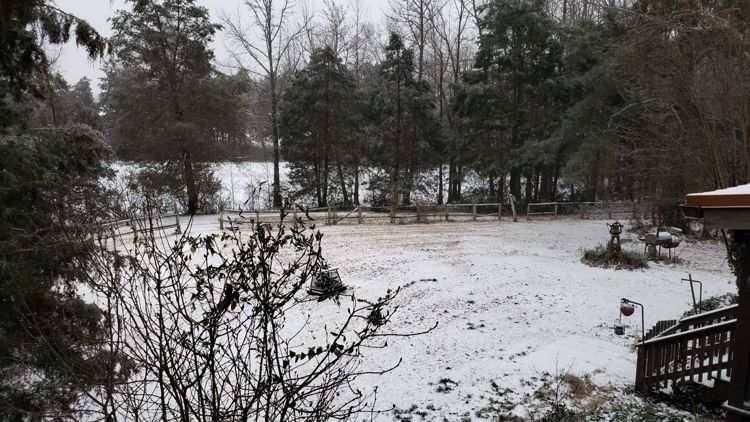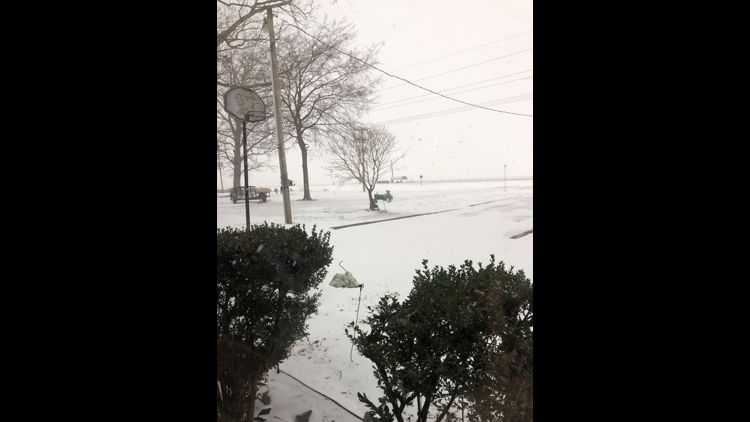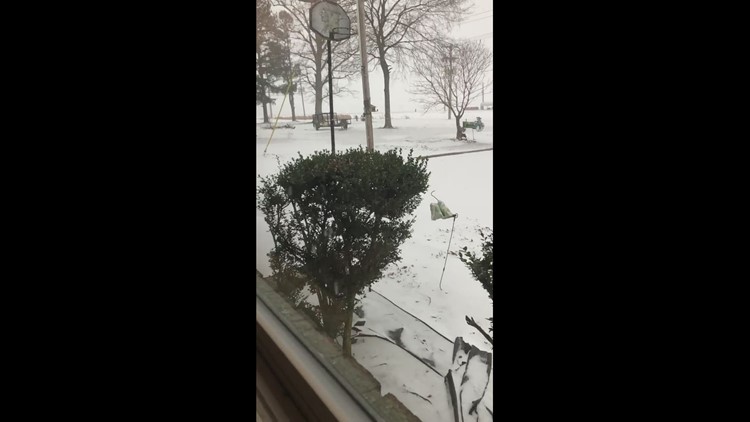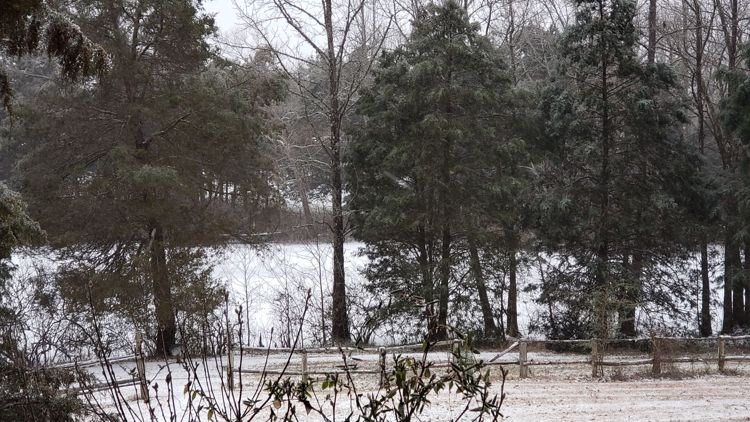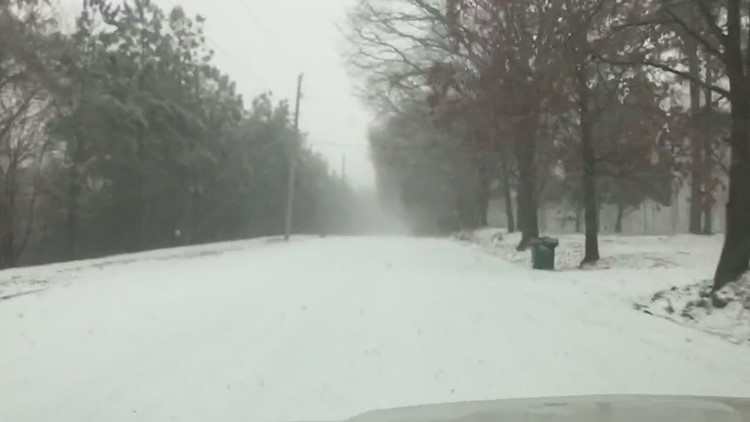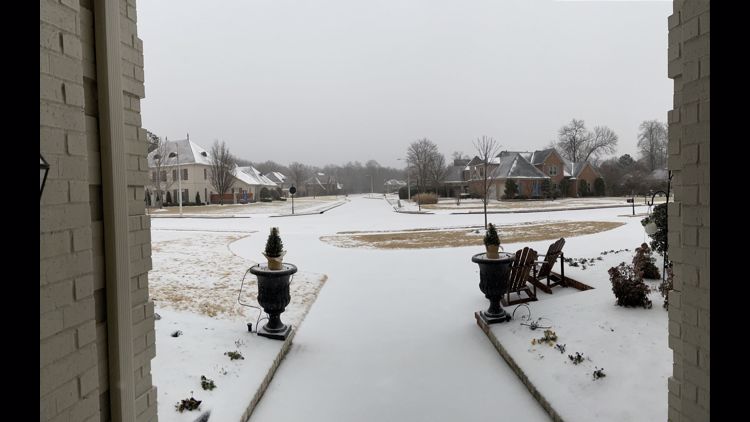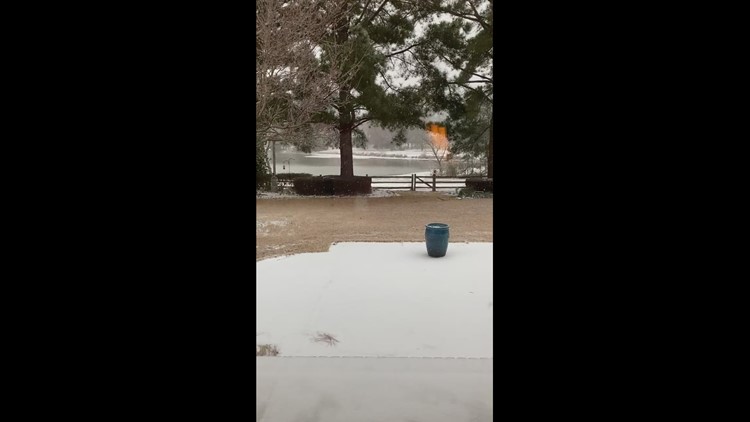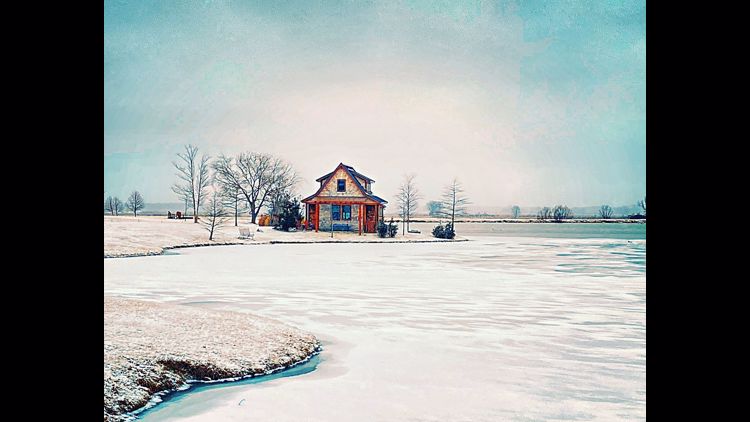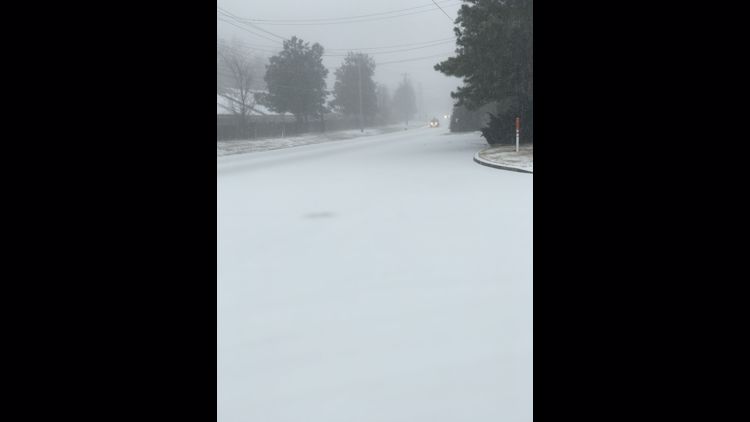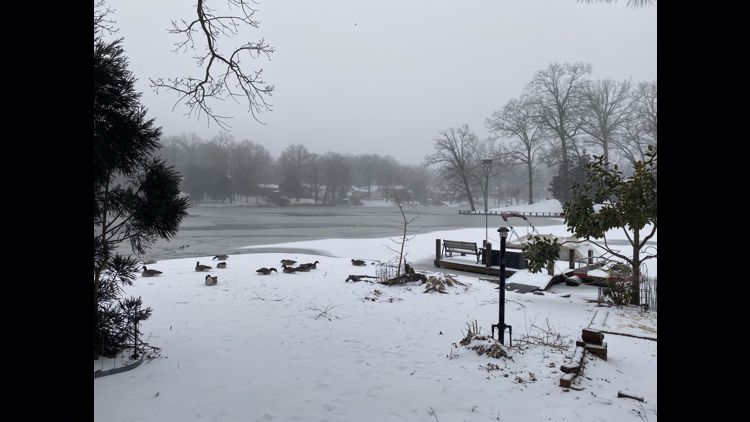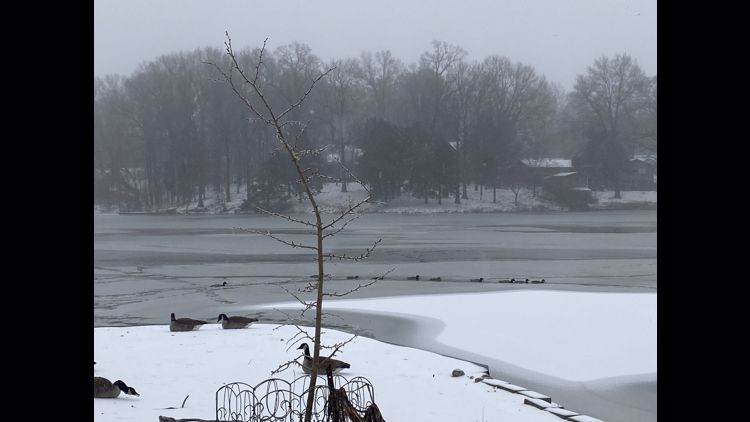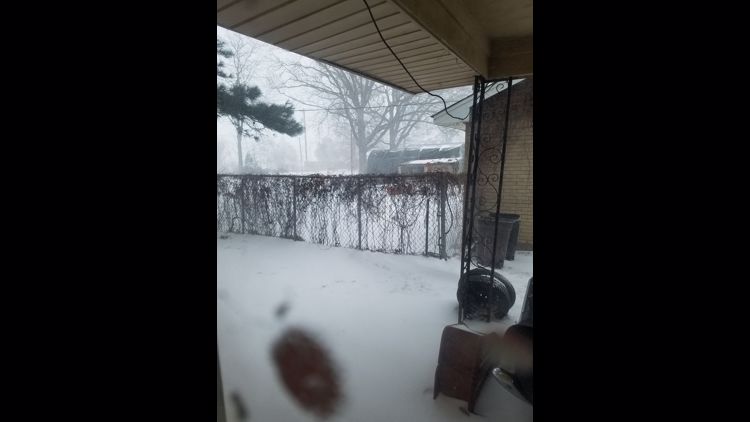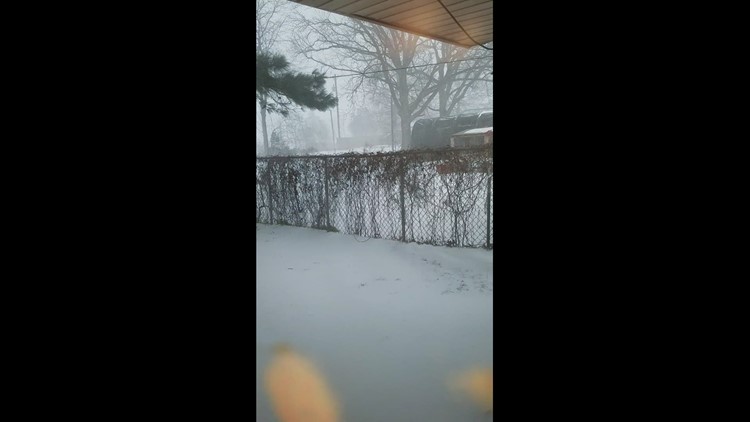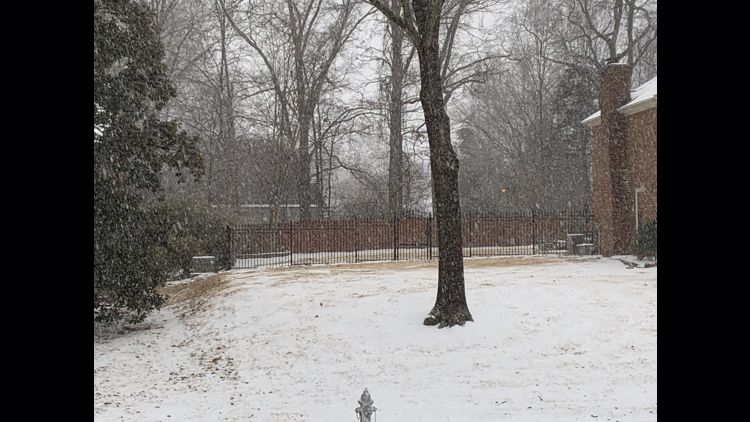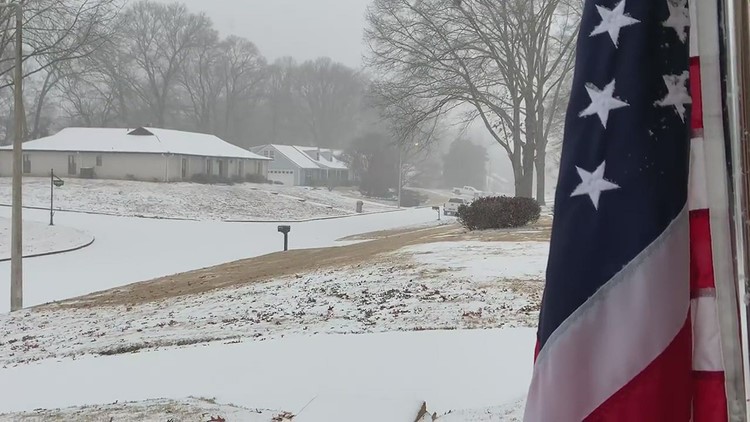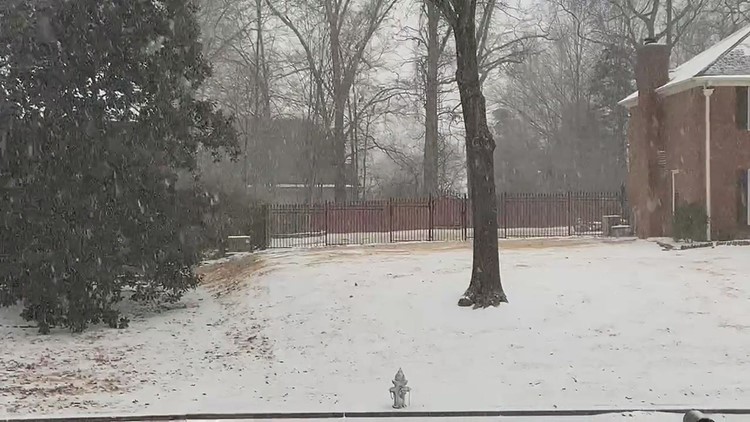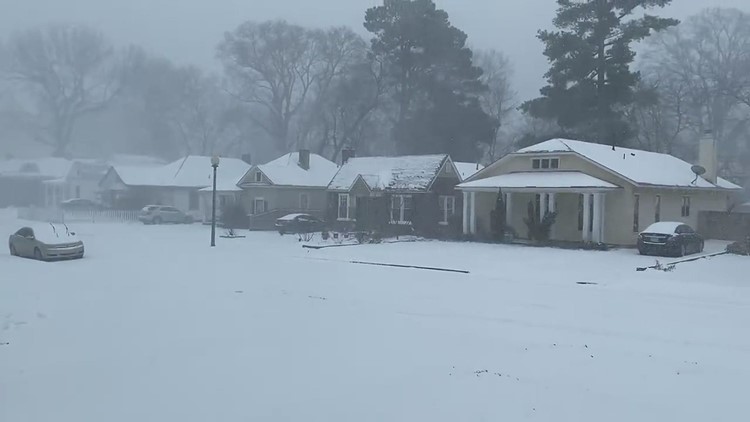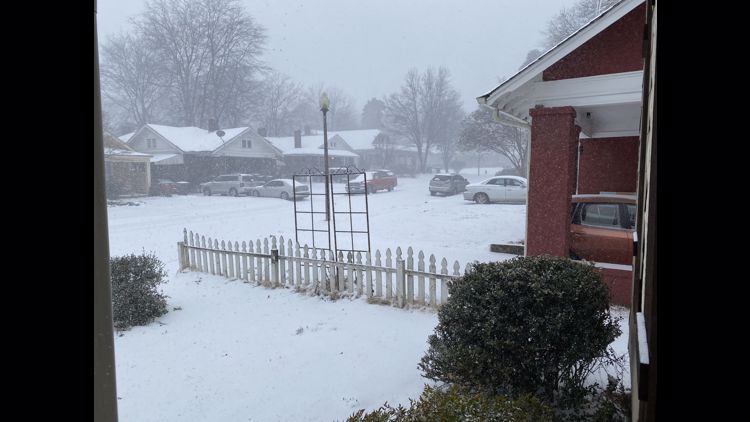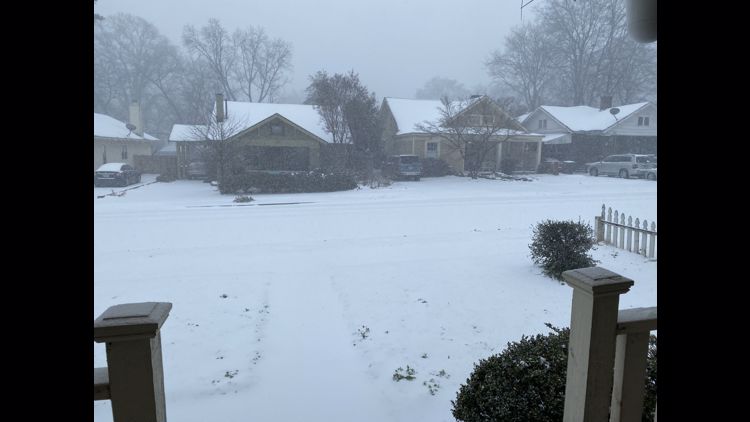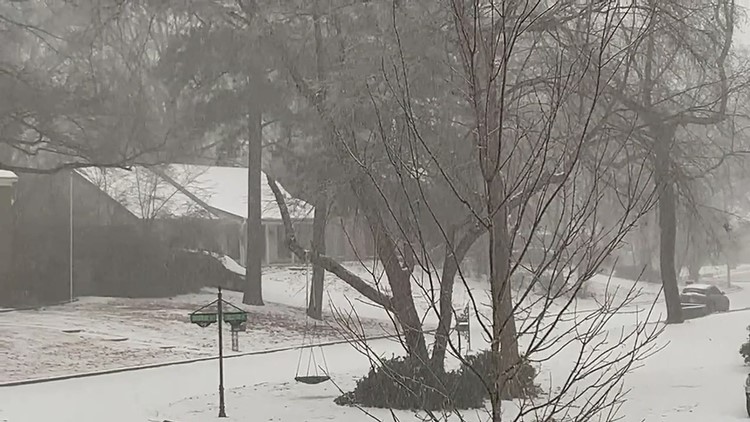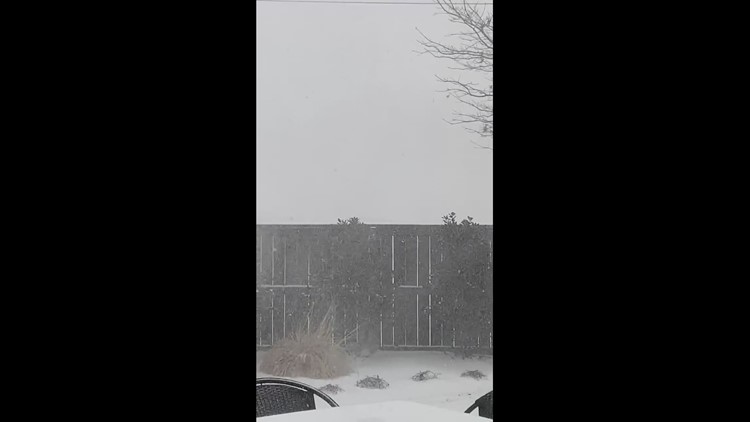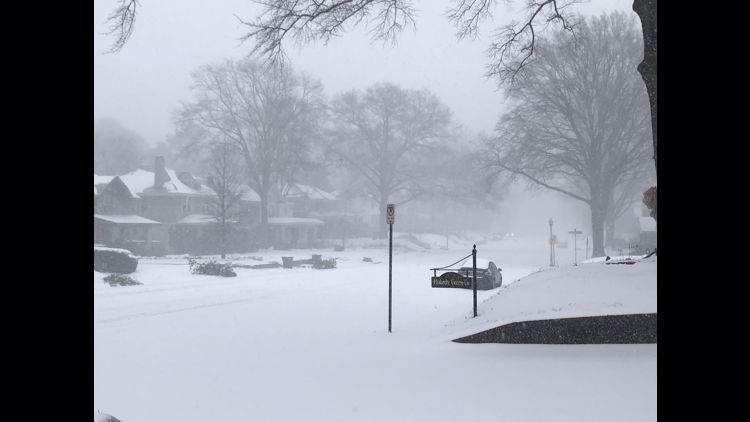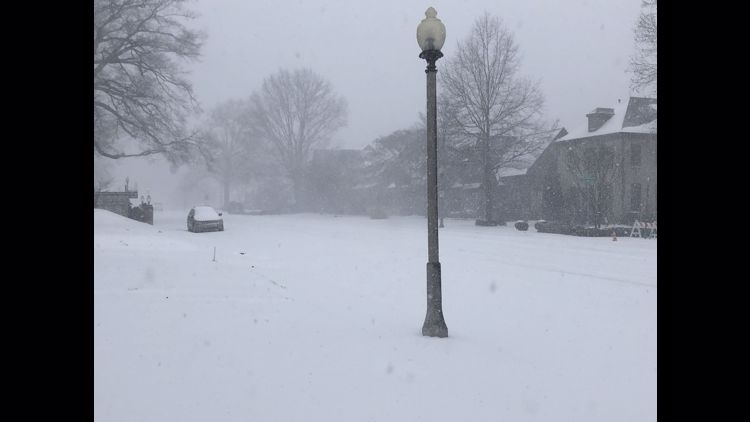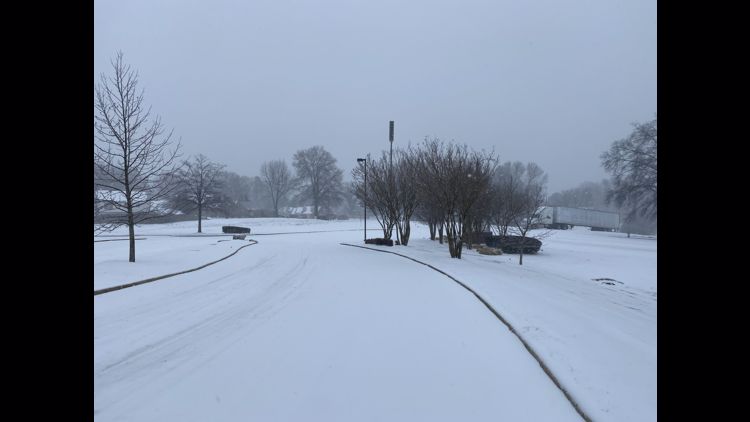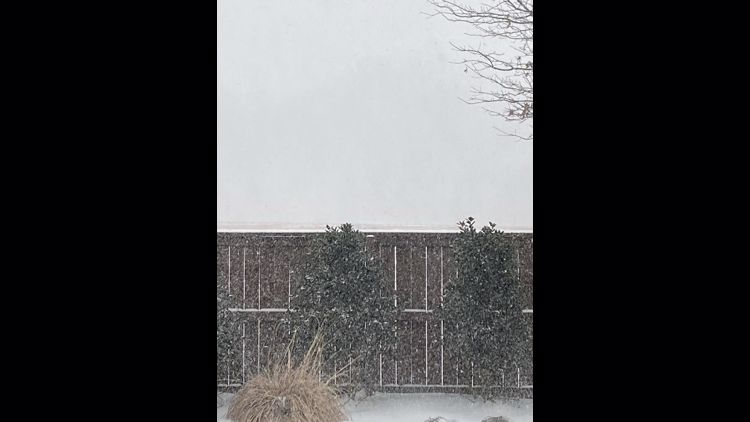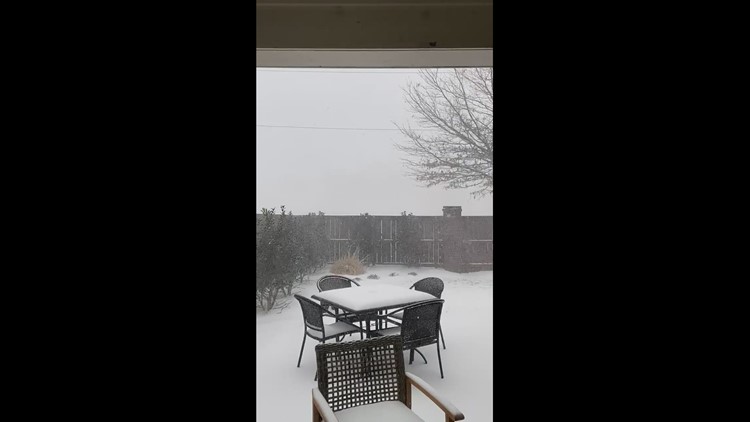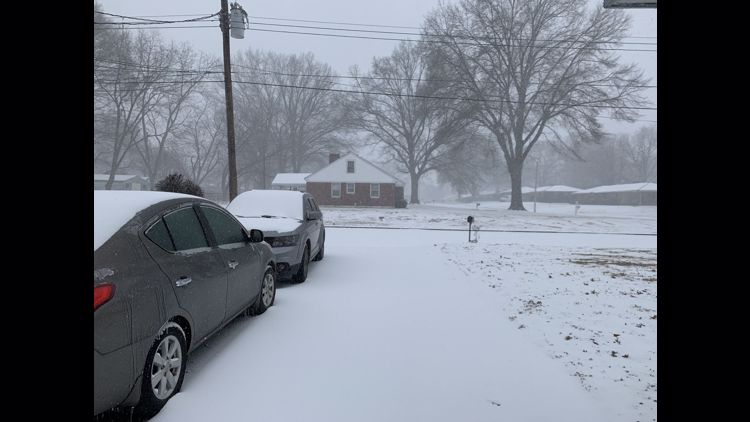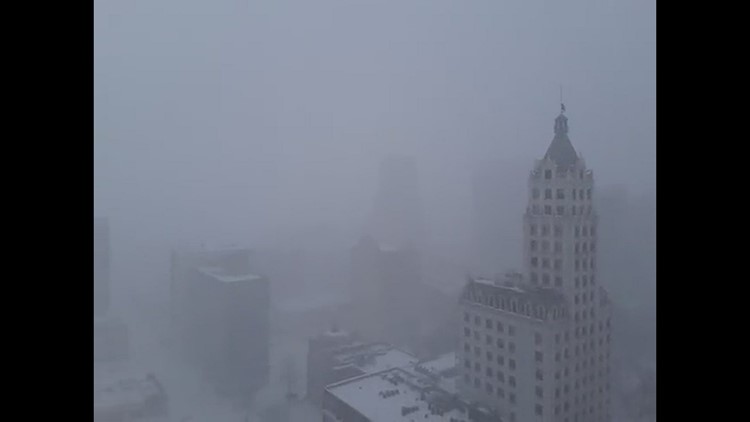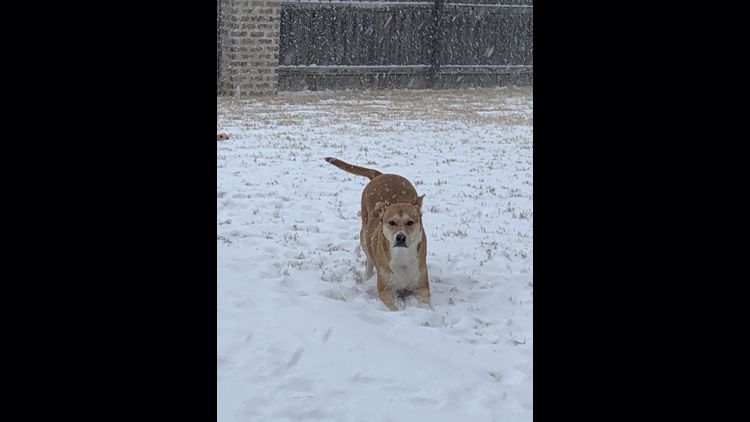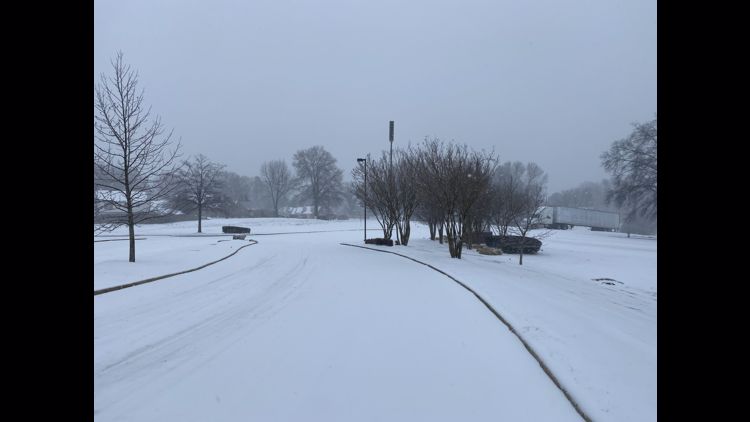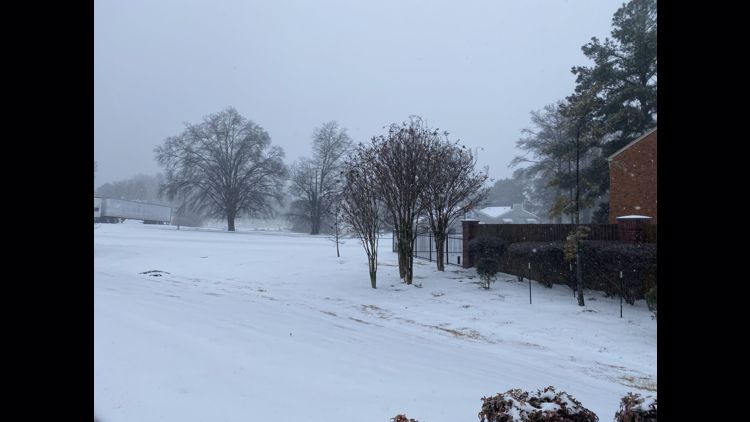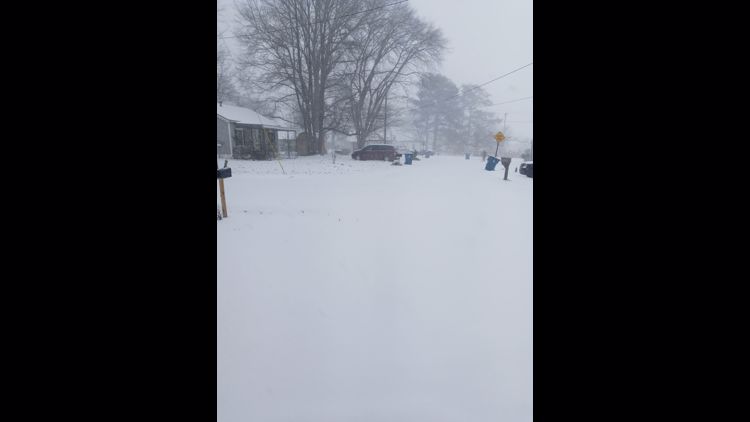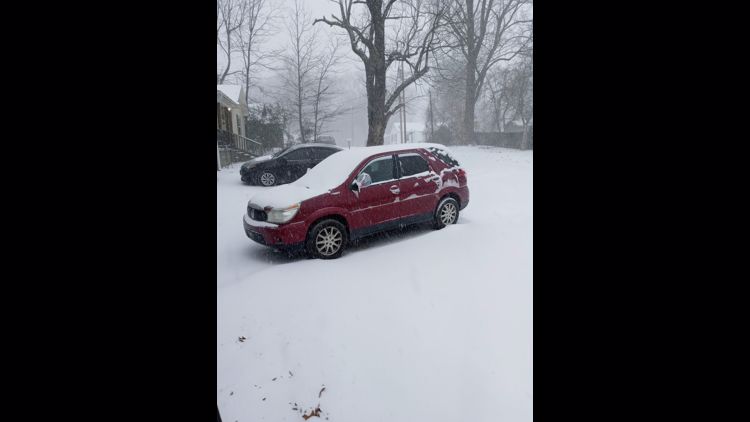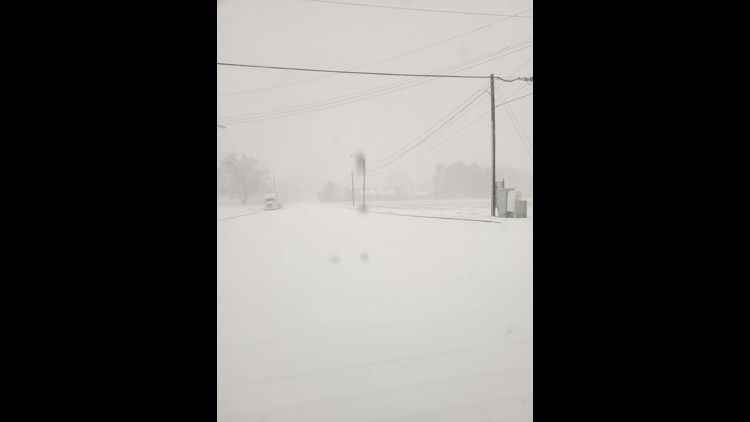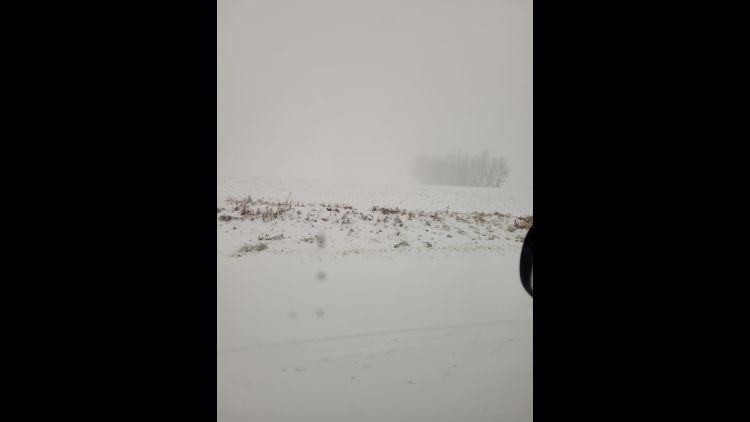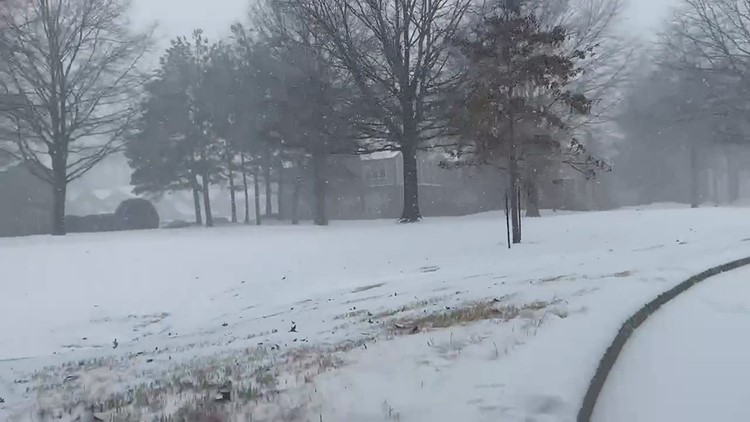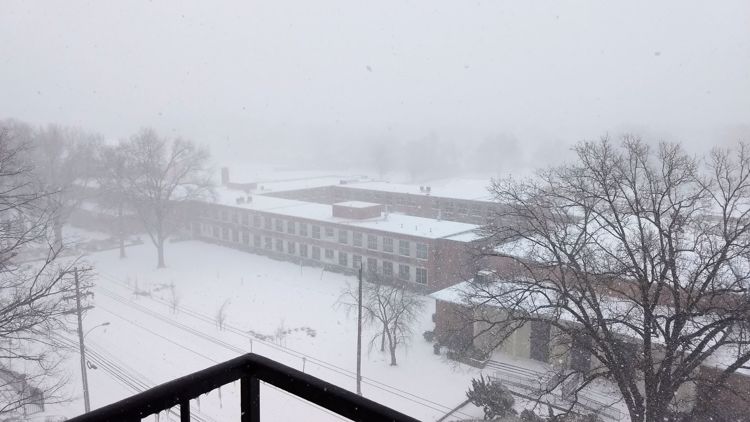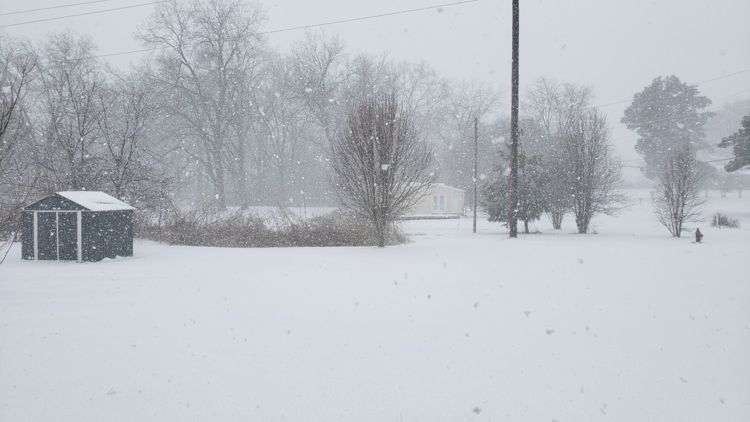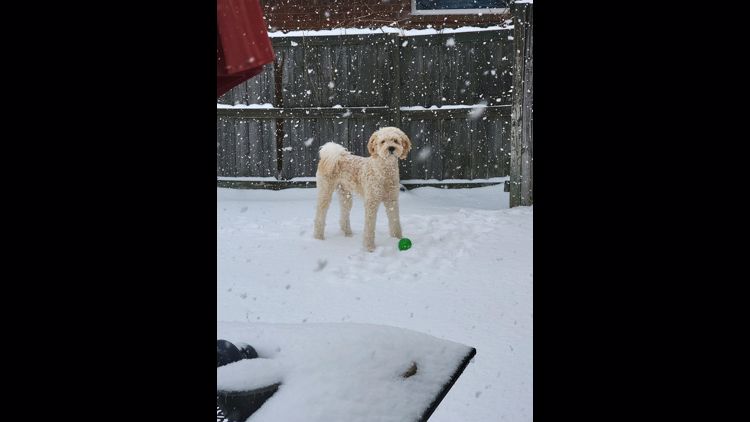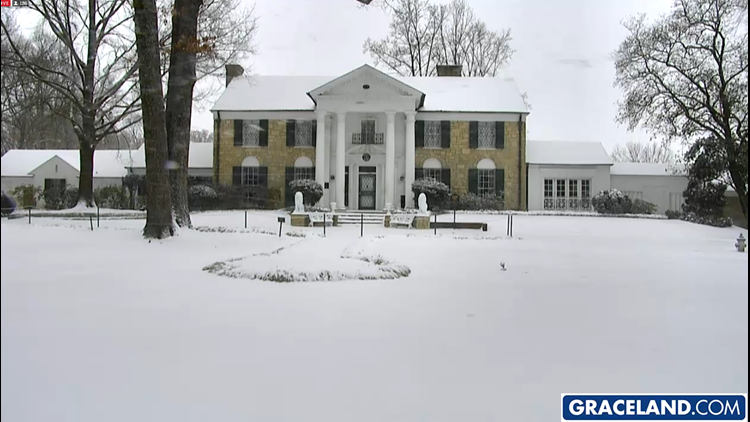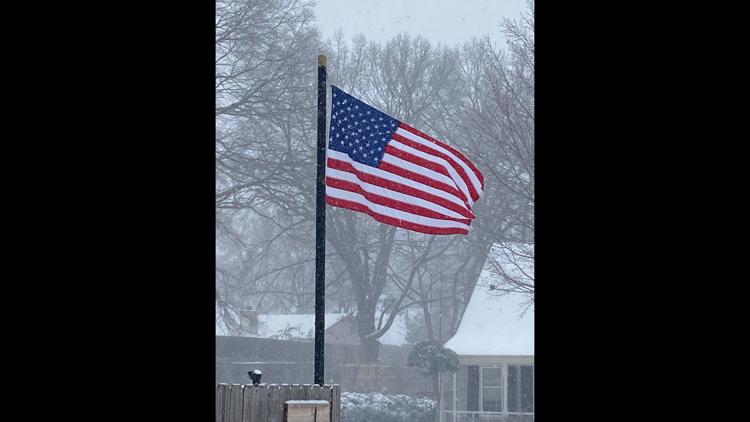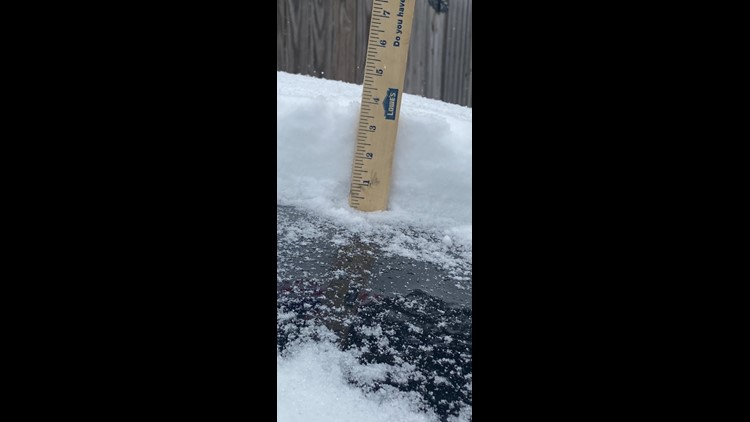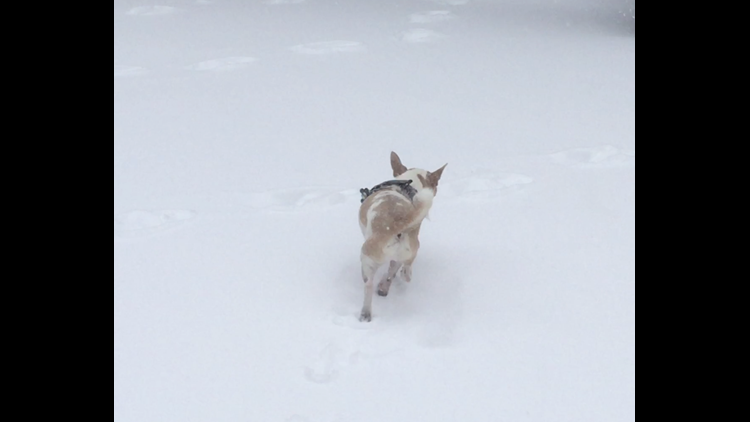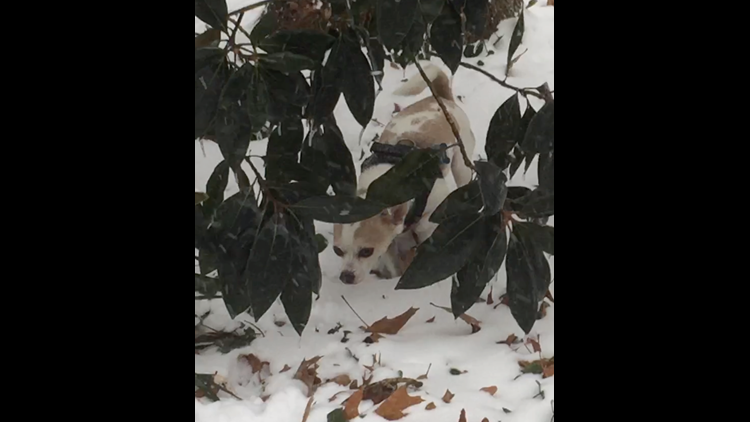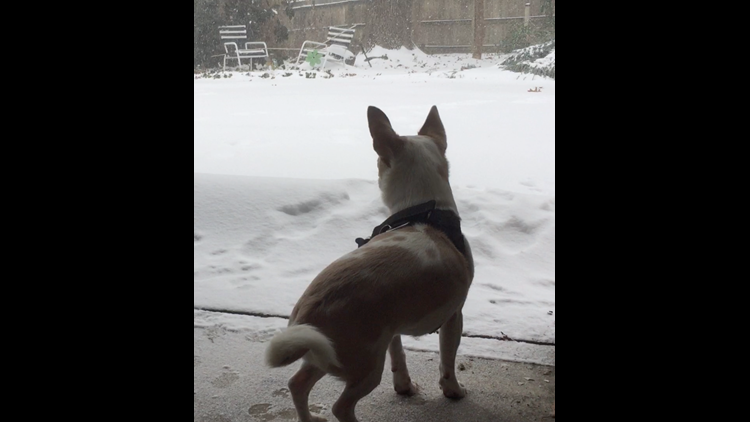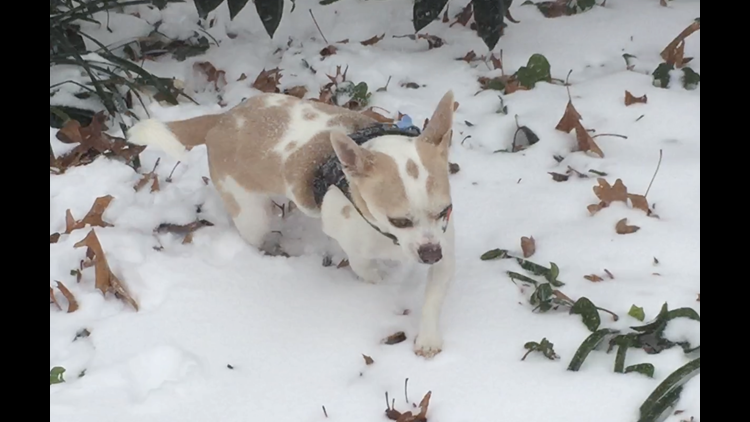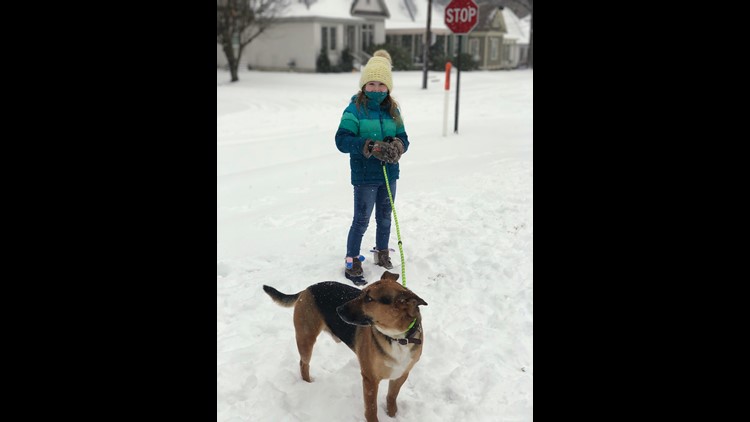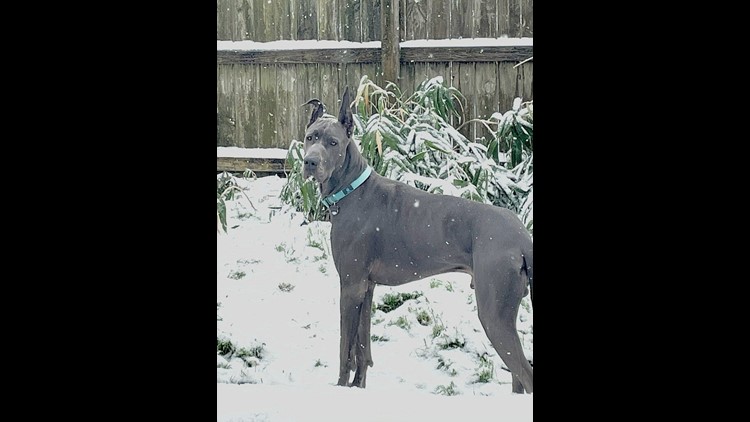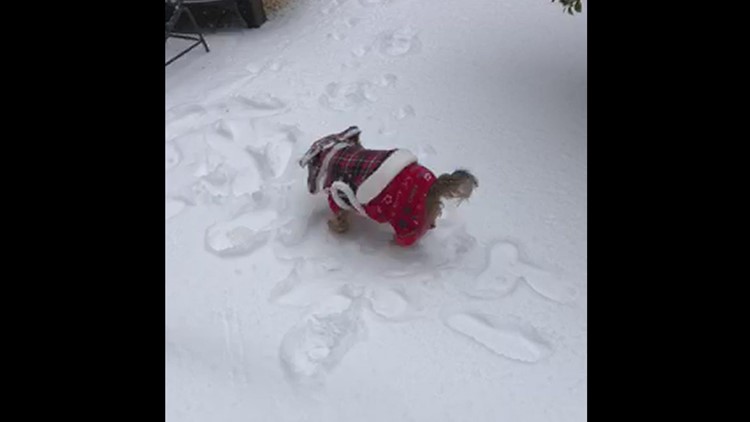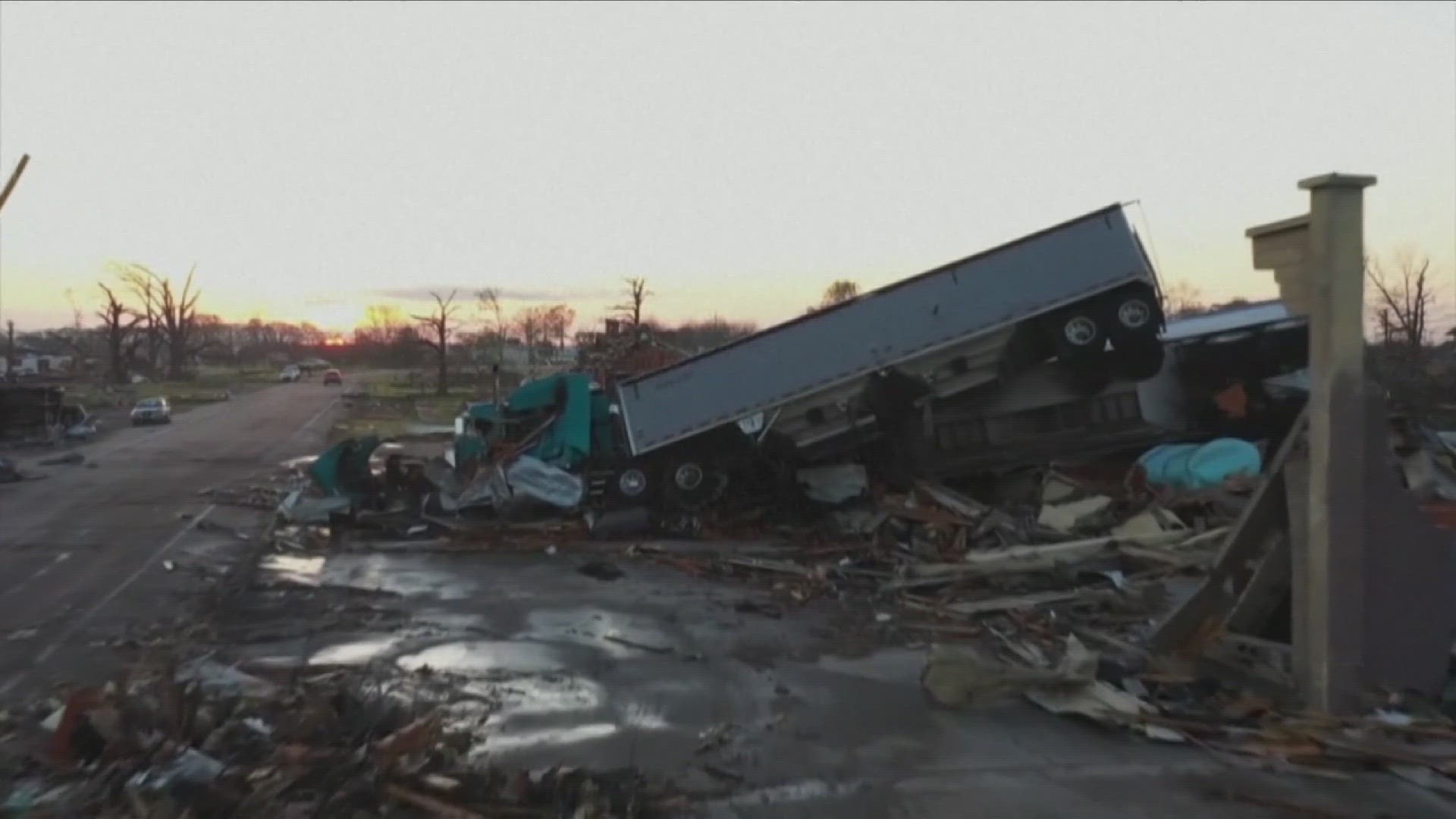MEMPHIS, Tenn. — Winter weather is unpredictable. The Local 24 Storm Team has put together these tips to keep your family, your loved ones, and your pets safe. You can see the latest forecast here.
Warming Centers Open
Memphis has opened two warming centers until further notice.
- 1560 N. Hollywood Street
- 1620 Marjorie Street
Call 901-297-1680 for a ride
Winter storm dos and don'ts
It only takes about a quarter to a half-inch of ice build-up on lines and trees to cause power outages. Of course, as the ice builds on power lines and trees, things could get scary as both are subject to come crashing down from the weight of the ice.
Charge your phone(s) and all other electronics, boosters overnight
Always keep at least a three-day supply of nonperishable food in your home.
Keep fresh batteries on hand for weather radios and flashlights.
Dress warmly. Wear multiple layers of thin clothing instead of a single layer of thick clothing.
Properly vent kerosene heaters and keep any electric generators outside and away from open windows or doors to prevent carbon monoxide poisoning. Never burn charcoal indoors.
Use a National Oceanic and Atmospheric Administration (NOAA) weather radio to monitor for changing weather conditions.
Keep alternative heating sources and fire extinguishers on hand. Be sure your family knows how to use them.
Store an emergency kit in your vehicle. Include scraper, jumper cables, tow chain, sand/salt, blankets, flashlight, first aid kit.
Make an emergency supplies kit for your pet and include medical records, first aid kit, enough canned/dry food and water for three to seven days and pet travel bag or carrier.
Do not leave pets outside for long periods of time.
Bring pets inside when temperatures drop below freezing
Turn off or disconnect appliances and other equipment in case of a momentary power “surge” that can damage computers and other devices. Consider adding surge protectors.
Keep refrigerator and freezer doors closed. Most food requiring refrigeration can be kept safely in a closed refrigerator for several hours. An unopened refrigerator will keep food cold for about 4 hours. A full freezer will keep the temperature for about 48 hours.
HOW TO CONTACT MLGW
If you have an outage at your home and you live in Memphis Light, Gas, and Water's service area, you can reach them at their Electric Outage Hotline at (901) 544-6500
PHOTOS: Winter Weather in the Mid-South
BEFORE A POWER OUTAGE
Build or restock your emergency preparedness kit, including a flashlight, batteries, cash, and first aid supplies.
Make sure you have alternative charging methods for your phone or any device that requires power.
Charge cell phones and any battery-powered devices.
Know where the manual release lever of your electric garage door opener is located and how to operate it.
Purchase ice or freeze water-filled plastic containers to help keep food cold during a temporary power outage.
Keep your car’s gas tank full-gas stations rely on electricity to power their pumps. If you use your car to re-charge devices, do NOT keep the car running in a garage, partially enclosed space, or close to a home, as this can lead to carbon monoxide poisoning.
Learn about the emergency plans that have been established in your area by visiting your state’s or local website so you can locate the closest cooling and warming shelters.
If you rely on anything that is battery-operated or power-dependent like a medical device, determine a back-up plan.
PREPPING YOUR PIPES FOR COLD WEATHER
When water freezes inside pipes, it expands. That frozen water can force pressure inside the pipes that cause them to burst. A burst pipe can cause serious, costly damage, so it's best to prepare.
Inside your home, leave faucets running at a low trickle, enough to keep the water moving.
Open up attic doors and other areas that hide plumbing to circulate warm air to those areas.
Wrap exposed pipes using faucet covers, pipe wrap, or even household items like a towel to give it some insulation from the cold.
Know how to shut the water off in your house in case your pipes do burst
DRIVING DURING ICY WEATHER
Preparing your vehicle for driving in bad weather
Clear all snow and ice from the vehicle’s windows, roof, hood, trunk lid, and any other covered areas. This will reduce risk because it increases your visibility. Additionally, drivers around you won’t be blinded by snow blowing off your vehicle.
Use an ice scraper to remove snow and ice from your windshield and all windows, including side and rear windows. This will improve your ability to see other roadway users that may move into your path of travel.
To optimize visual clarity, clean the outside and inside of your windshield at least once a week. Frequent cleaning is even more important if you smoke.
Keep your windshield wiper blades fresh. Many drivers change them every six months, especially before driving in bad weather.
Prepare your vehicle for winter driving by checking its antifreeze, battery, tires, windshield wipers, and lights, including brake lights and blinkers.
Let others know your route and expected arrival time, building in extra time for delays.
Put together an emergency roadside kit to keep in your vehicle, just in case. This should include water, snacks, blankets, jumper cables, etc.
On the road
Make sure your headlights are on. In fact, it is a good idea to turn on your headlights any time you drive, because you will increase your visibility in any conditions.
Reduce your speed and leave plenty of room to stop. You should allow at least three times more space than usual between you and the vehicle in front of you.
Brake gently to avoid skidding.
Do not use cruise control on any wet, snow-covered or icy roads.
Be aware of possible icy roads. Be especially careful on bridges and overpasses, which freeze sooner than roads. And even at temperatures above freezing, if conditions are wet, you might encounter ice in shady areas or on exposed roadways like bridges.
Be careful on infrequently traveled roads, which may not be cleared as often as other roads.
Leaving the roadway
If you must pull off the road, wait for conditions to improve and pull off the road as far as you can, preferably past the end of a guardrail.
It is best to pull into a rest area or parking lot, rather than on the road’s shoulder.
Know when to brake and when to steer
Some driving situations require abrupt action to avoid a crash or collision and in winter conditions the decision to steer or brake can have very different outcomes. When traveling more than 25 mph, steer instead braking to avoid a collision in winter-like conditions, as less distance is required to steer around an object than to brake to a stop. In slick conditions, sudden braking can lead to loss of vehicle control.
However, sometimes steering is not an option. Braking on slippery surfaces requires you to look further ahead and increase following and stopping distances. Plan stopping distances as early as possible and always look 20-30 seconds ahead of your vehicle to ensure you have time and space to stop safely.
Stay in control through a skid
Even careful and experienced drivers can skid on slippery surfaces. When a vehicle begins to skid, it’s important not to panic and follow these basic steps:
Continue to look and steer in the direction you want the car to go.
Avoid slamming on the brakes as this will further upset the vehicle’s balance and make it harder to control.
KEEPING PETS SAFE
Don't leave tiny, short-haired, or very young or old dogs outside without supervision. Warm sweaters or doggy coats will keep them comfortable on walks. Long-haired, larger dogs and those with double coats (like the Nordic breeds) may enjoy the cold and snow, but they, too, should live primarily indoors with the family.
Dogs that spend time outdoors need plenty of fresh water available. They can't burn calories without water, and if they can't burn calories, they can't keep warm. Also, use a tip-resistant, ceramic or hard plastic water bowl rather than a metal one; when the temperature is low, a dog's tongue can stick and freeze to metal.
Make sure your pets have a warm place to sleep in the house that's off the floor and away from drafts.
Keep your dog's coat well groomed. Matted fur won't protect her from the cold.
After a walk, wipe her feet, legs and stomach area to prevent ingestion of salt or dangerous chemicals. For your own walkways, use a pet-friendly ice-melt product.
Never let dogs off leash on snow or ice, especially during a snowstorm. Make sure they are always wearing ID tags and have a microchip.
Check your garage and driveway for antifreeze and other chemicals. Antifreeze is a deadly poison, but it has a sweet taste that attracts animals. Wipe up any spills right away. Better yet, use pet-safe antifreeze, which is made with propylene glycol. If ingested in small amounts, it will not hurt pets, wildlife or your family.
Never leave a pet alone in a car during cold weather. A car can act as a refrigerator, holding in the cold and causing the animal to freeze to death.
If there are outdoor cats in your area, bang loudly on your car hood or honk the horn before starting the engine. In their search to stay warm, outdoor cats often take refuge next to a warm car engine or tire.
Keep snow from piling up high next to your fence. A packed snowdrift will provide a boost for dogs to escape the confines of your yard.
Consider the amount of exercise your dogs receive during colder weather, and adjust their food supply accordingly. Inside and lazy? Less food. Outside and active? More food may be needed to produce more body heat. Consult your veterinarian to be sure.


